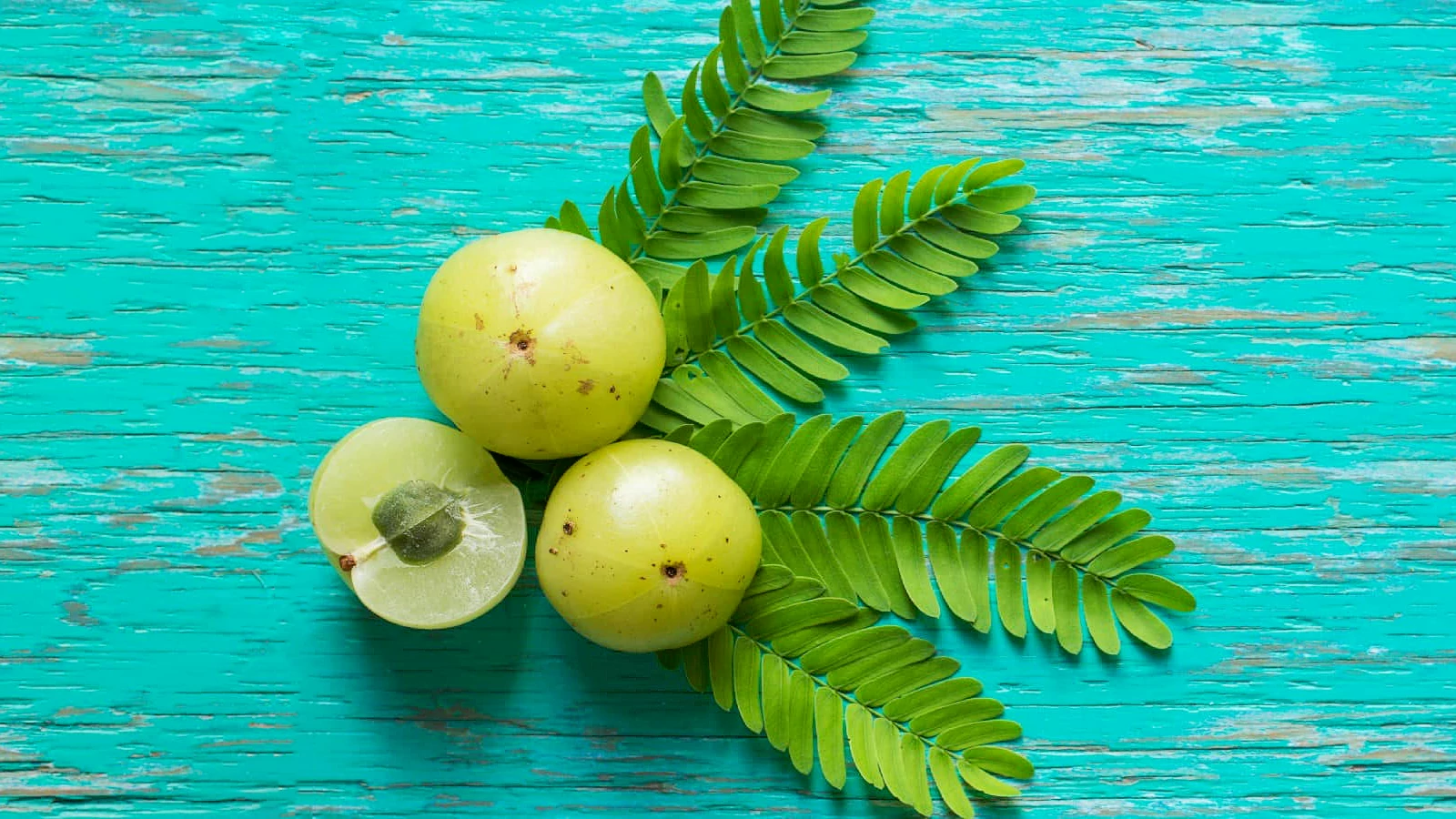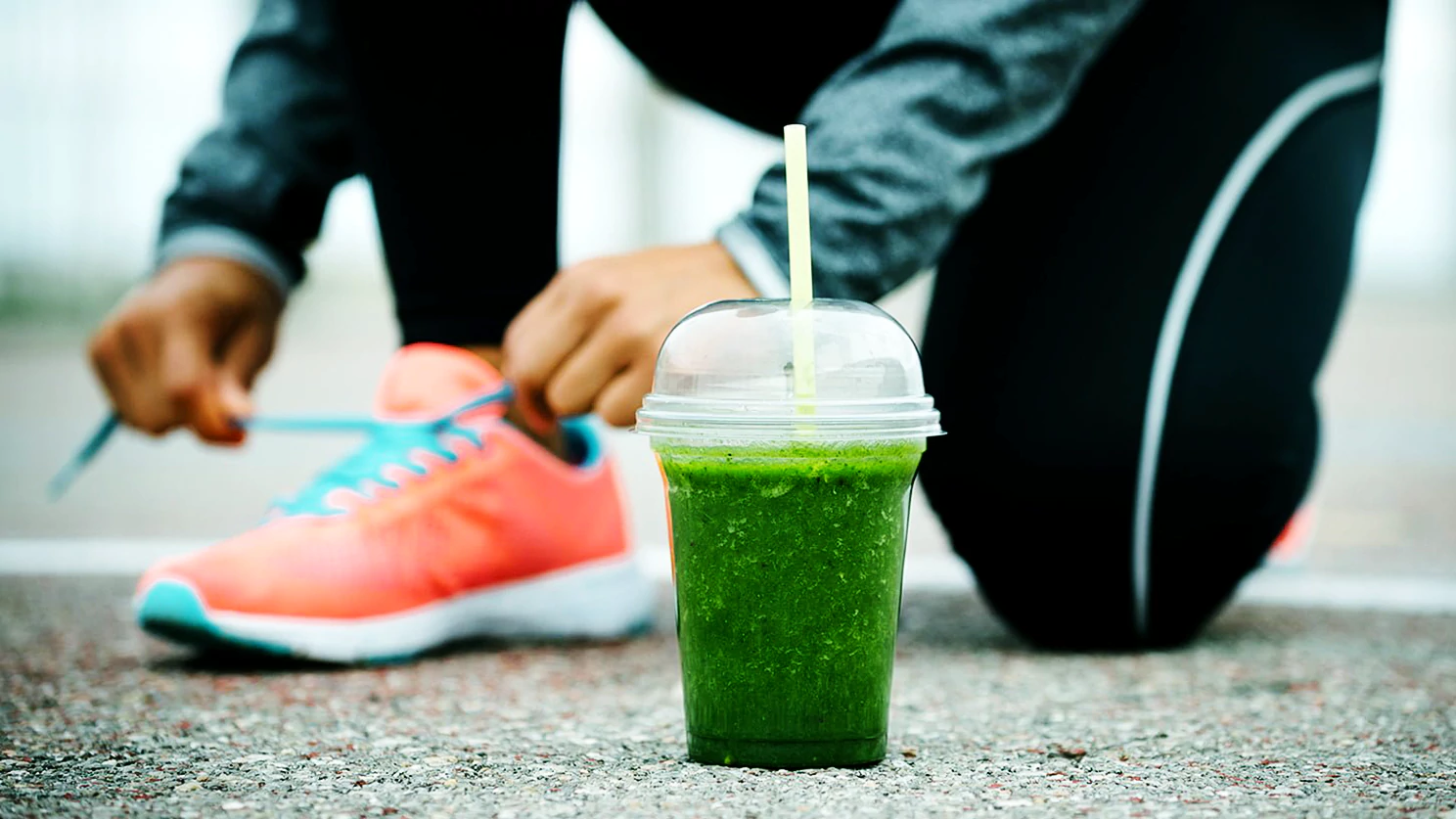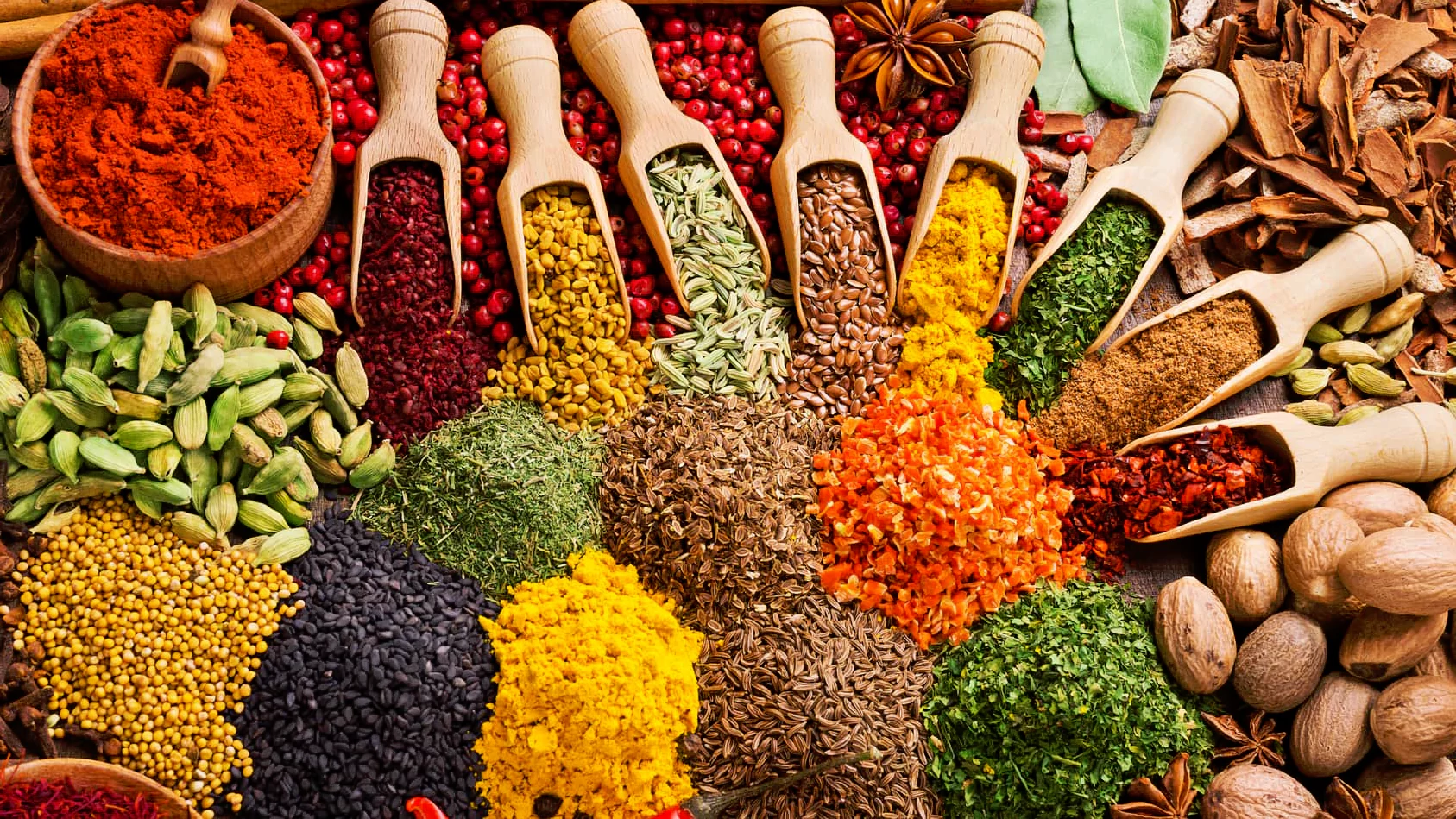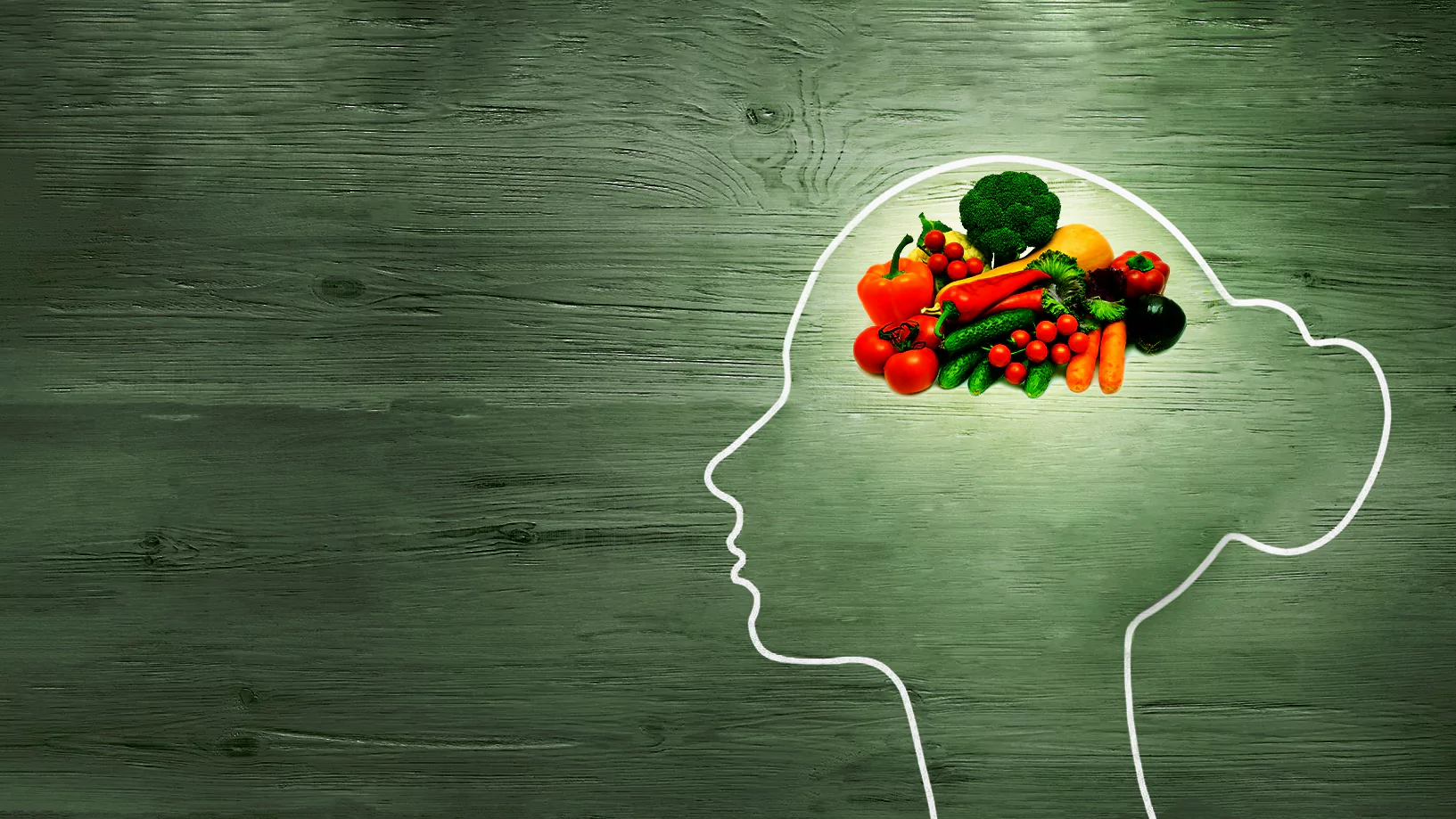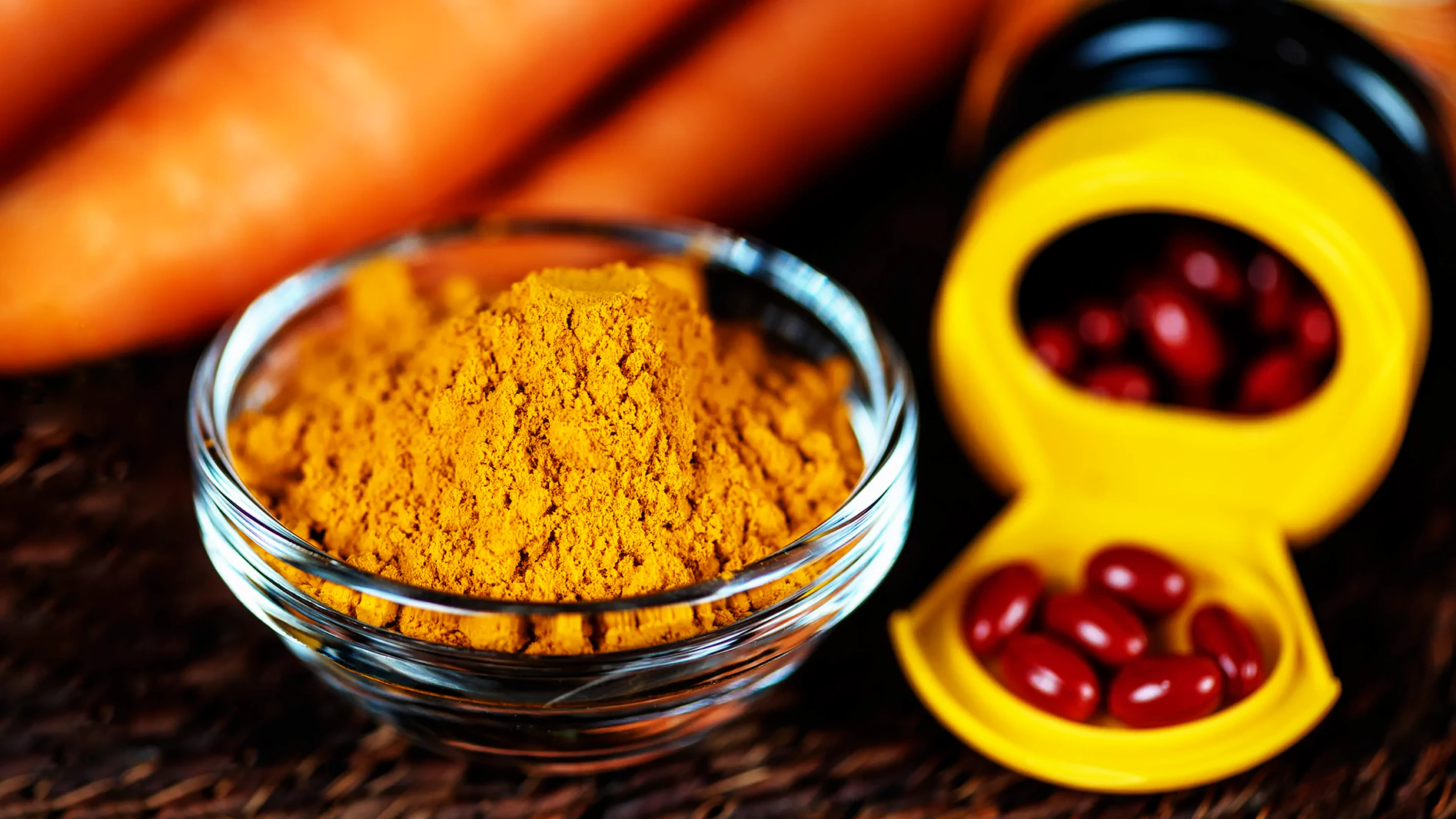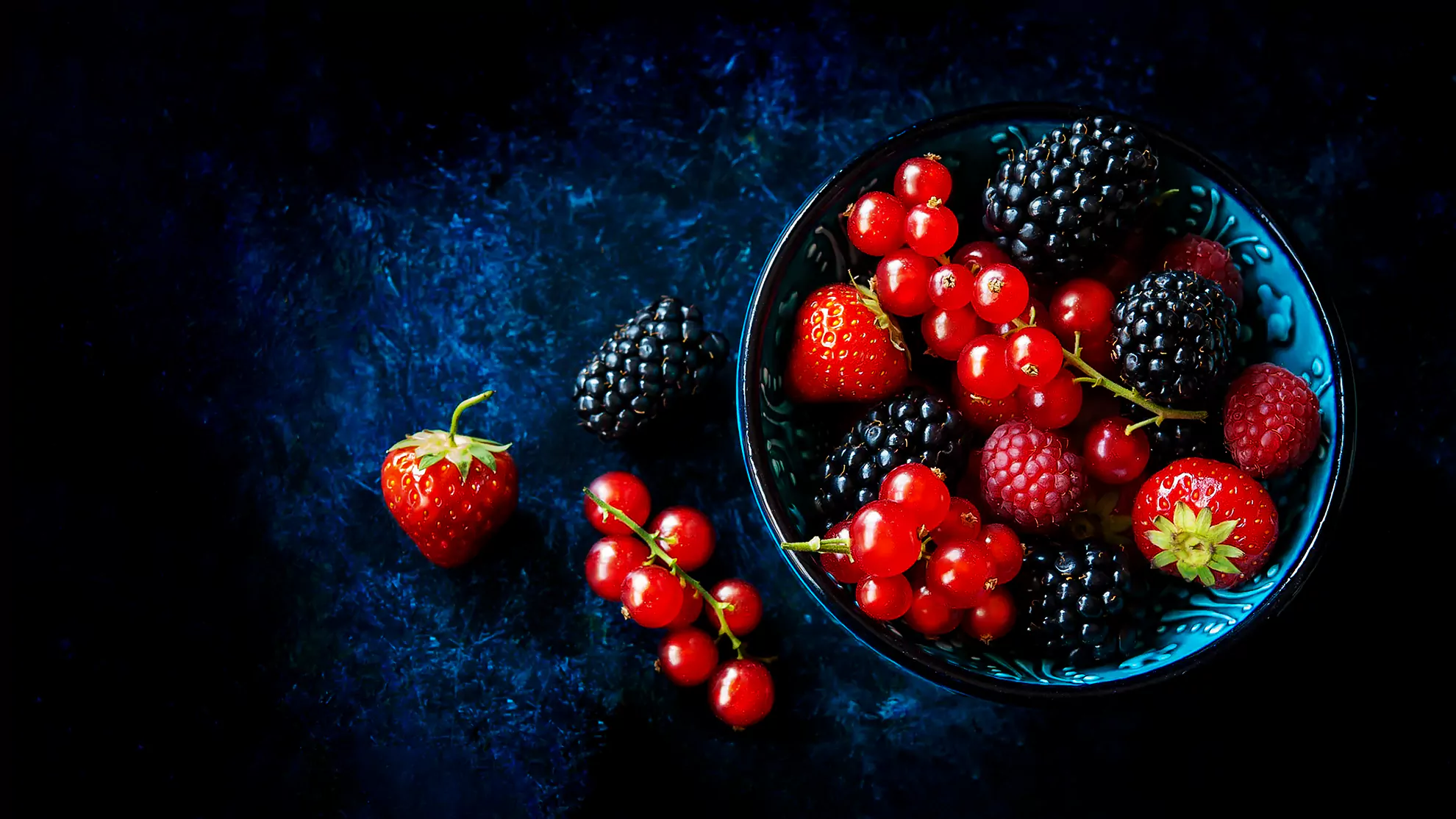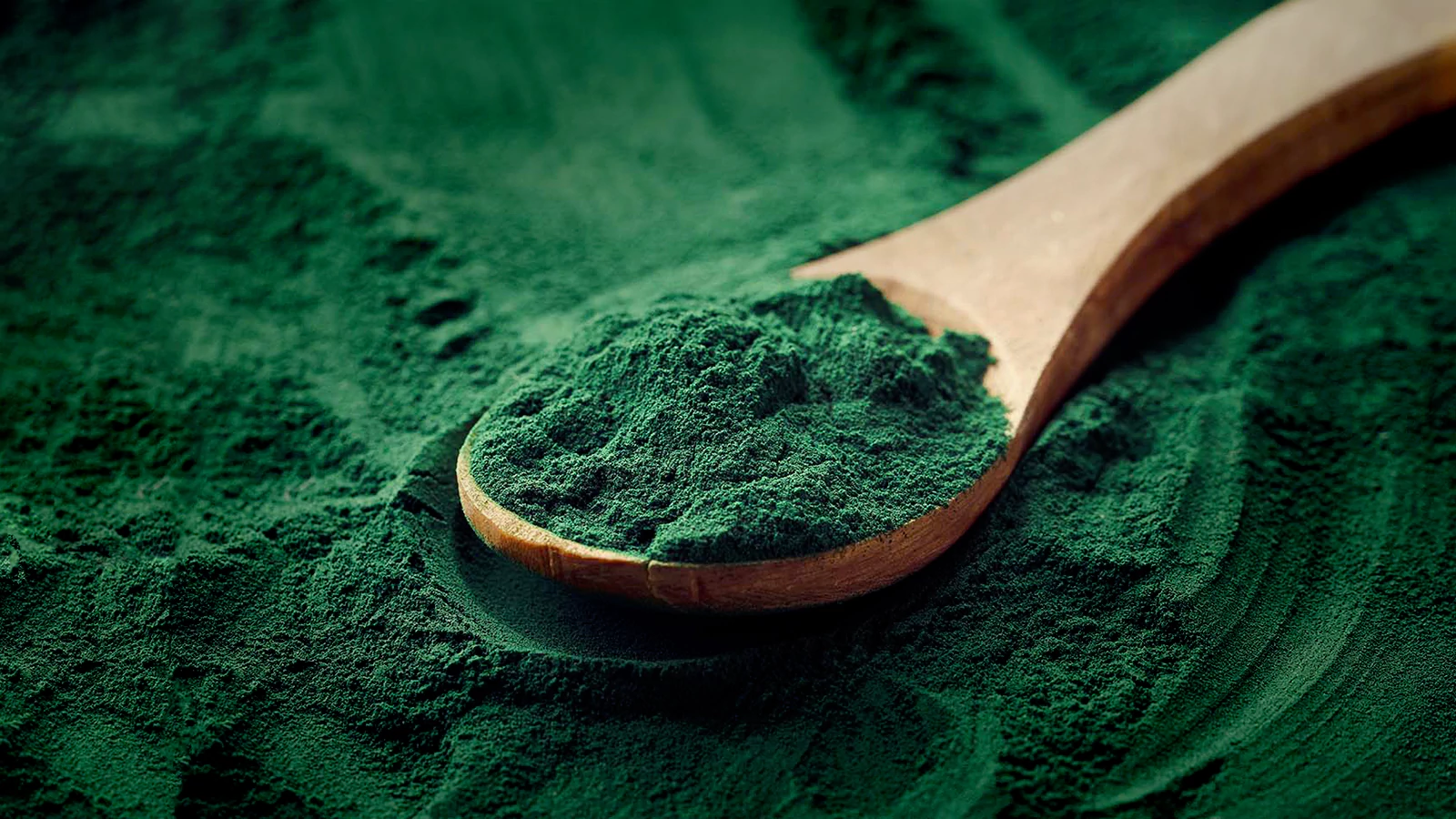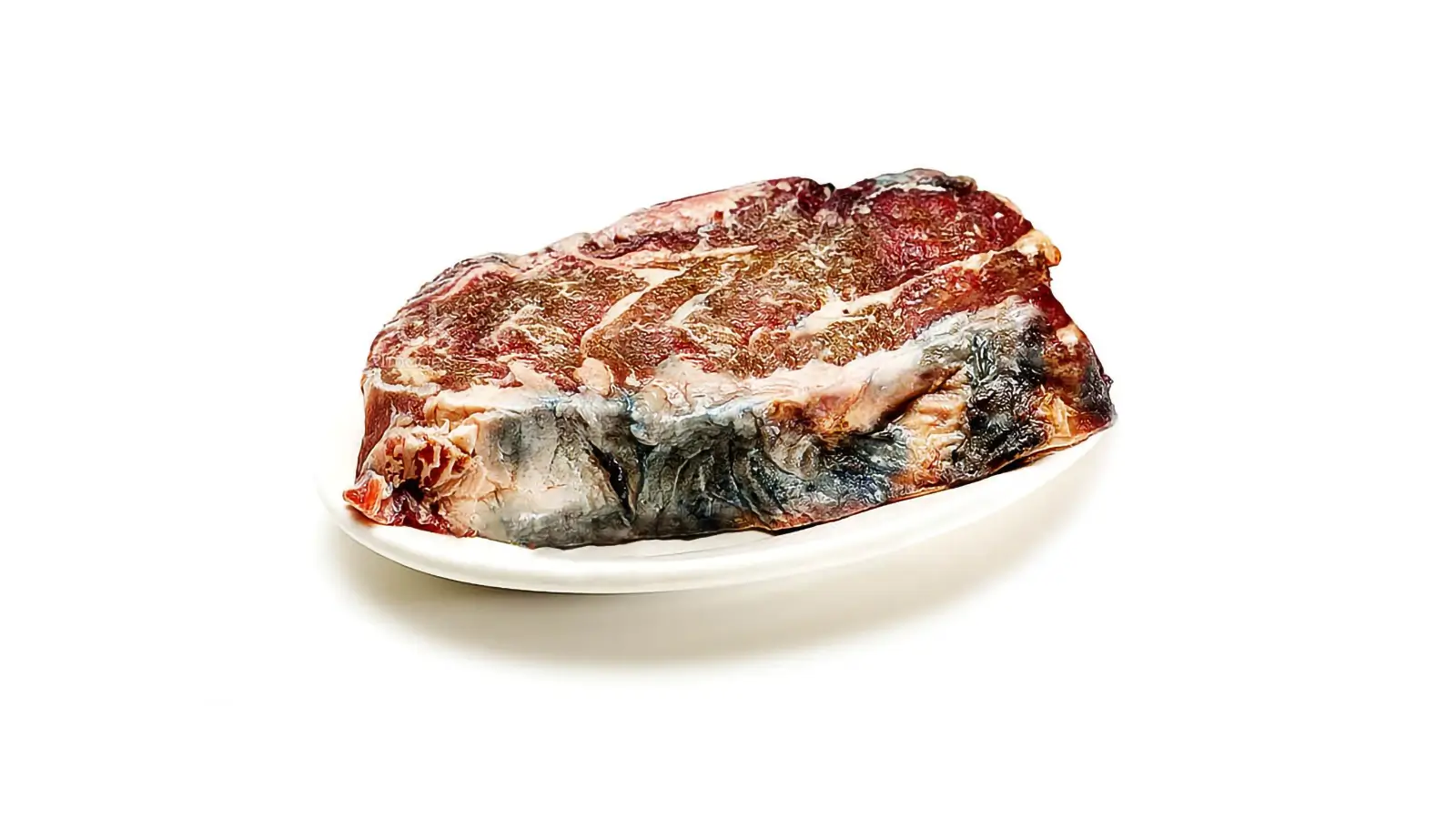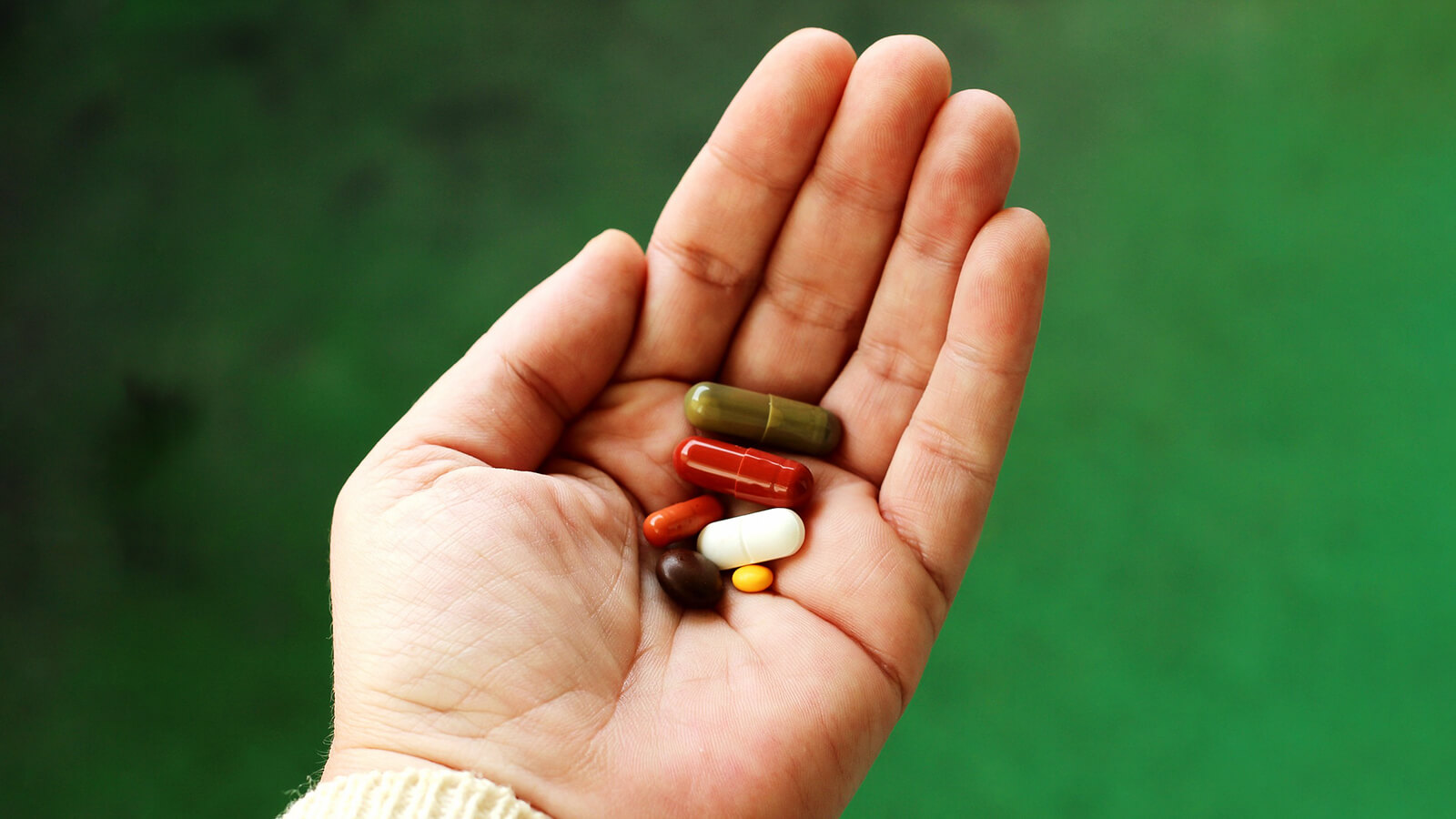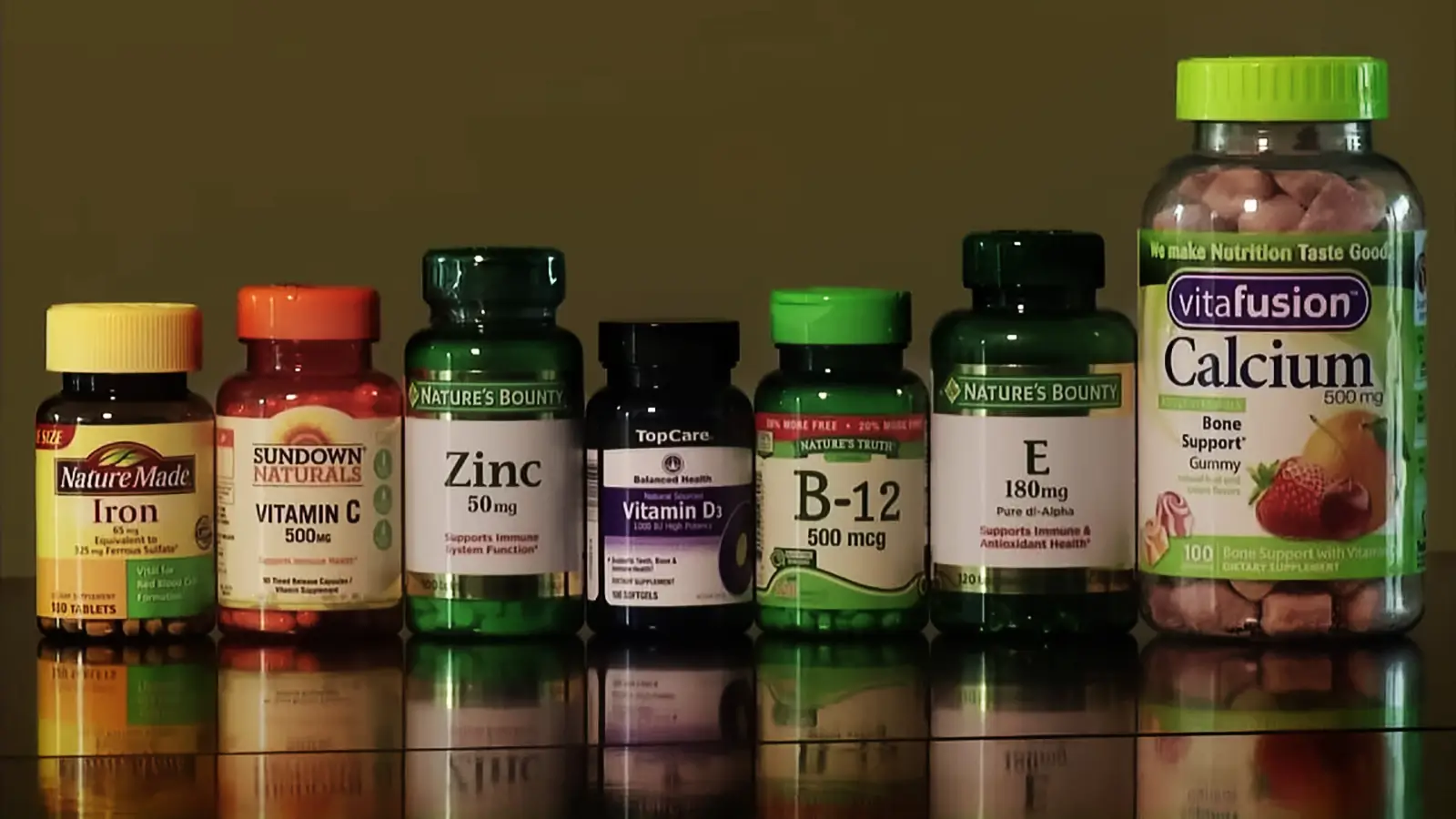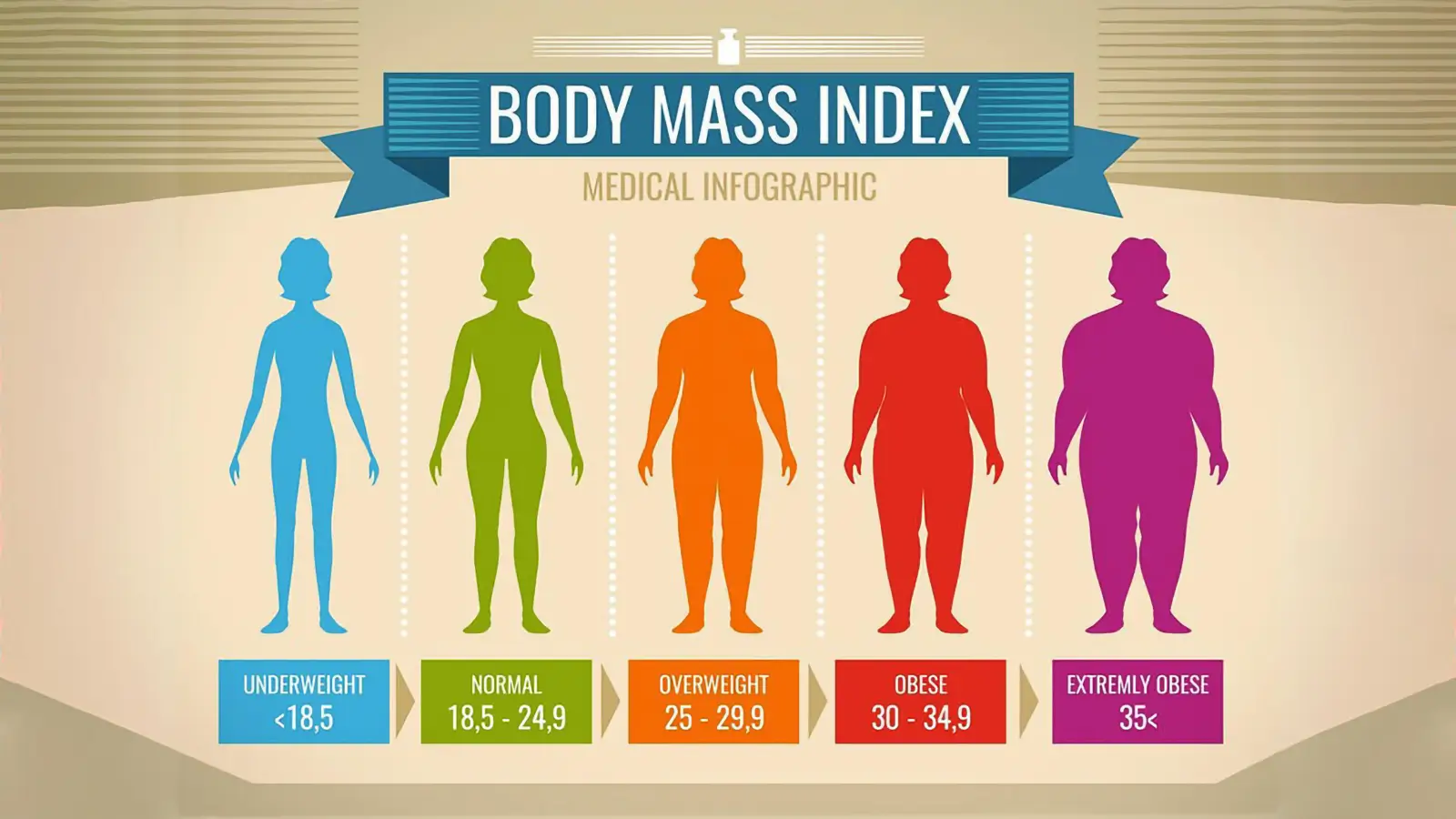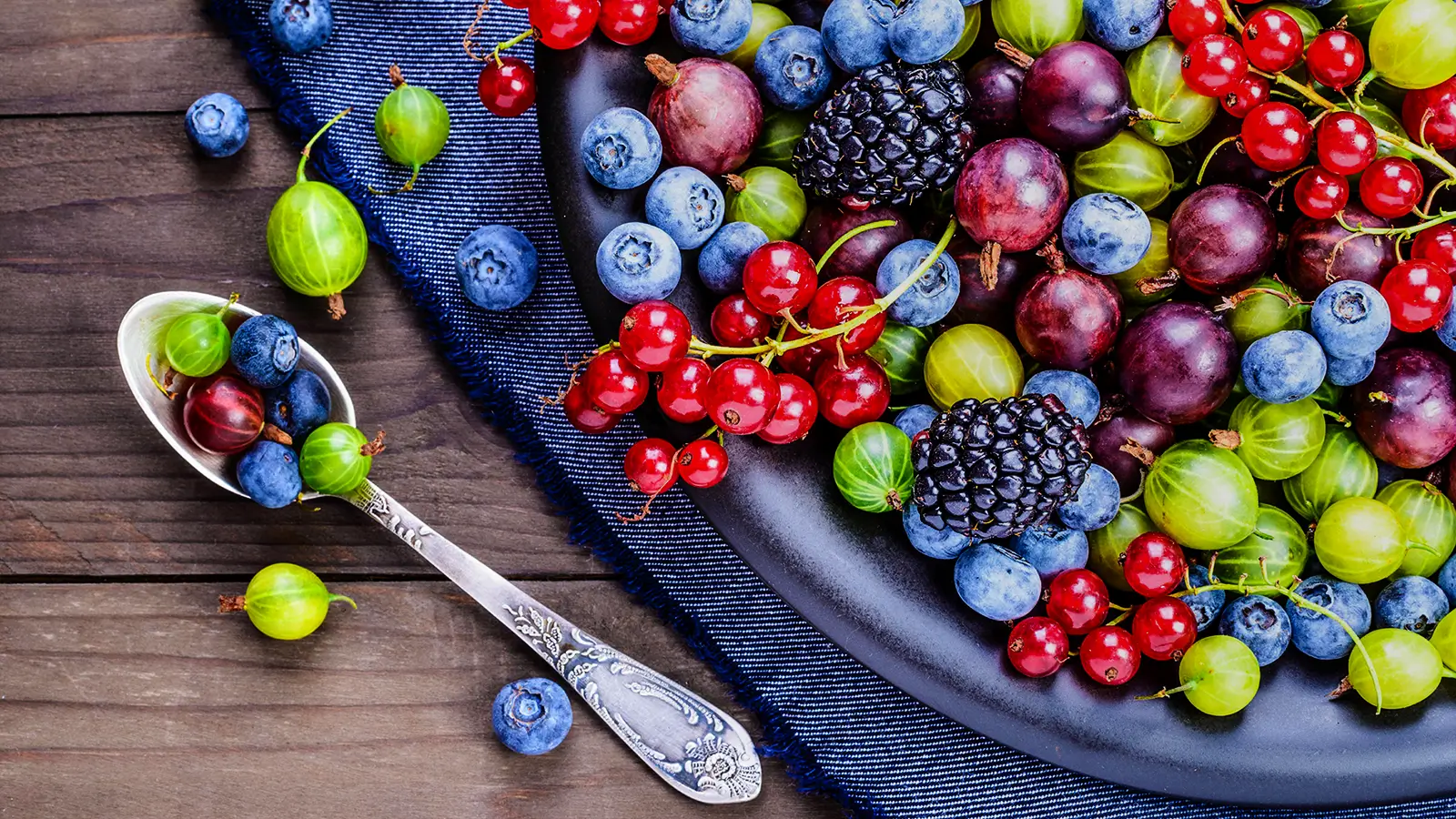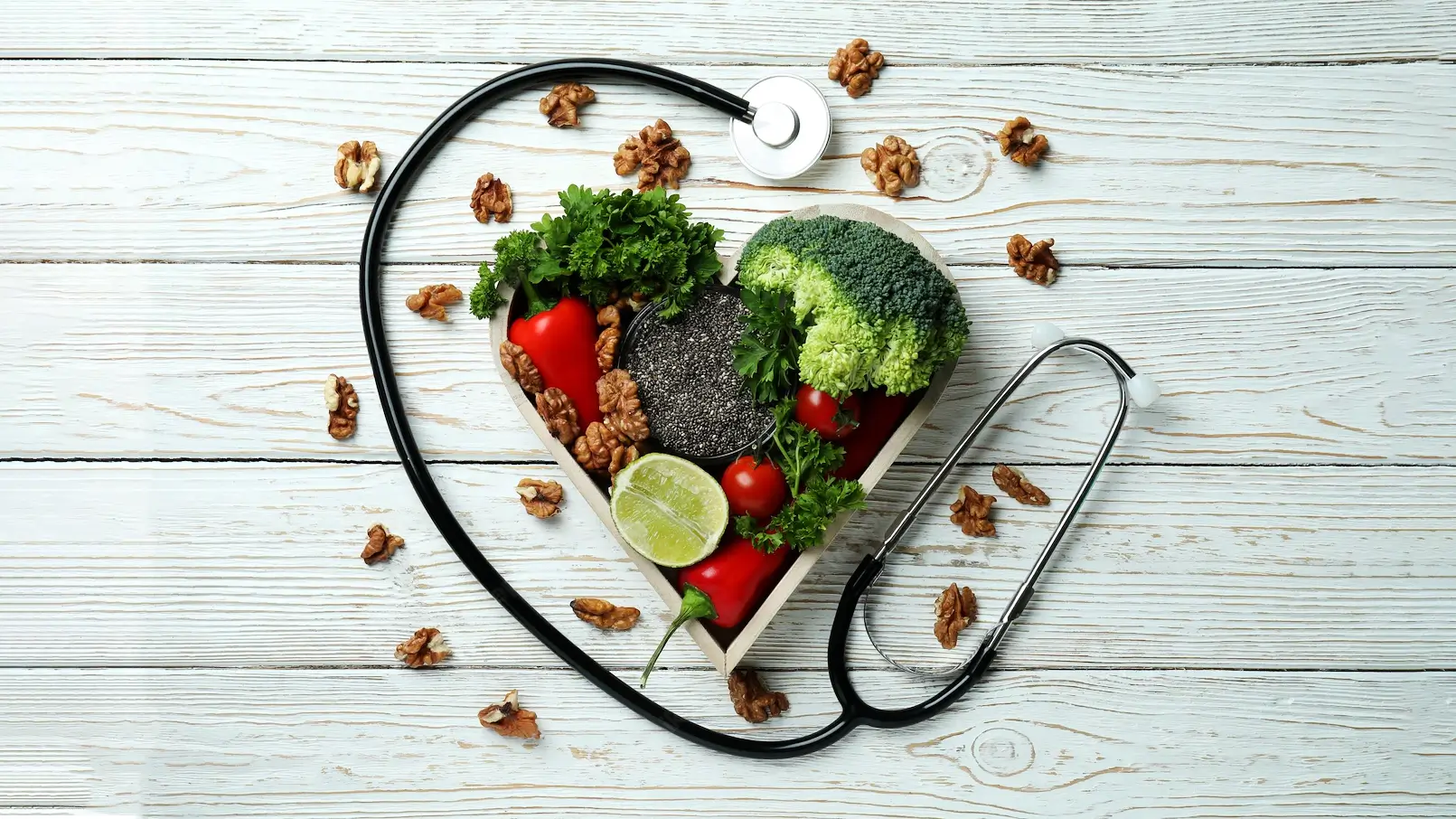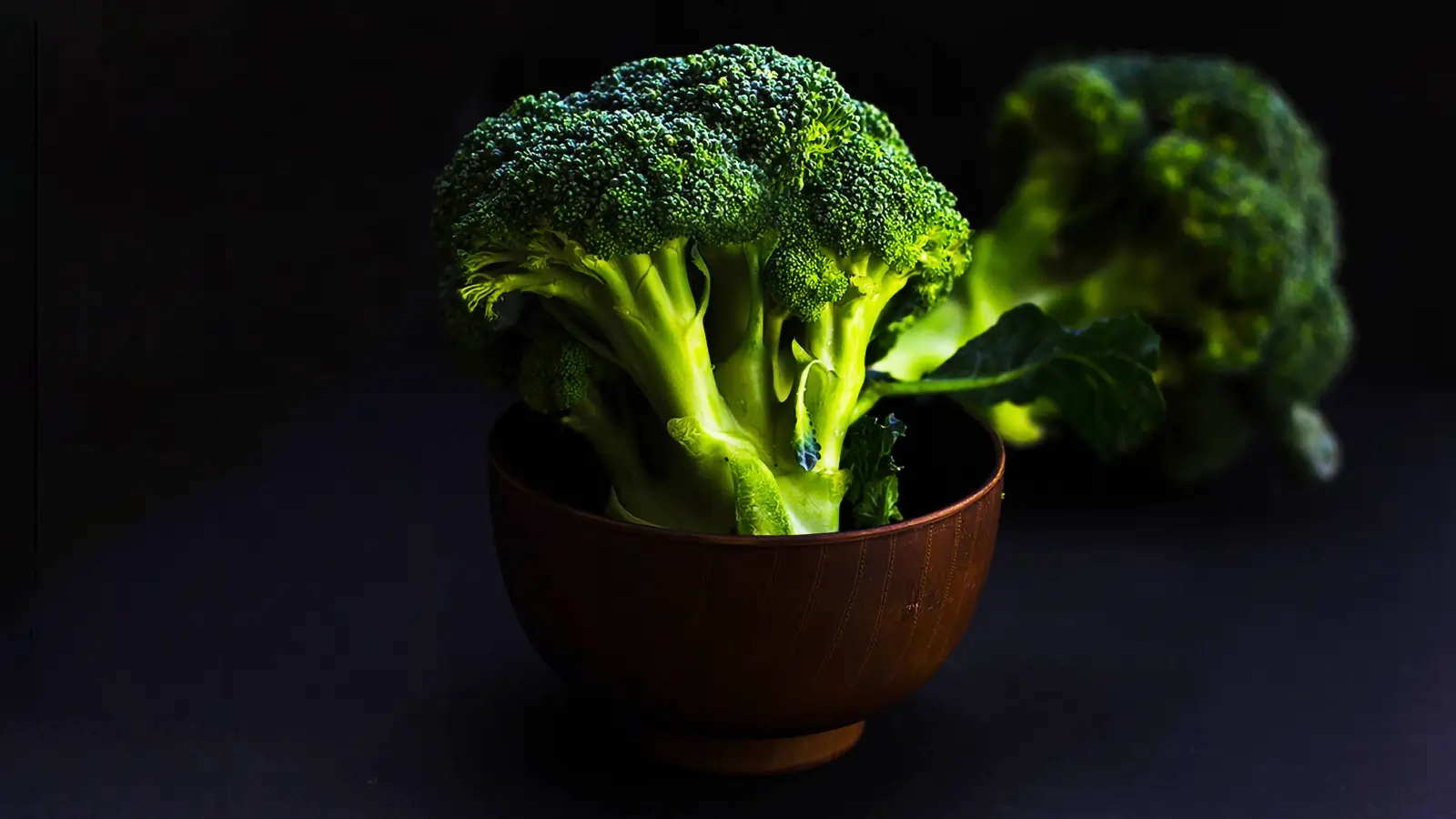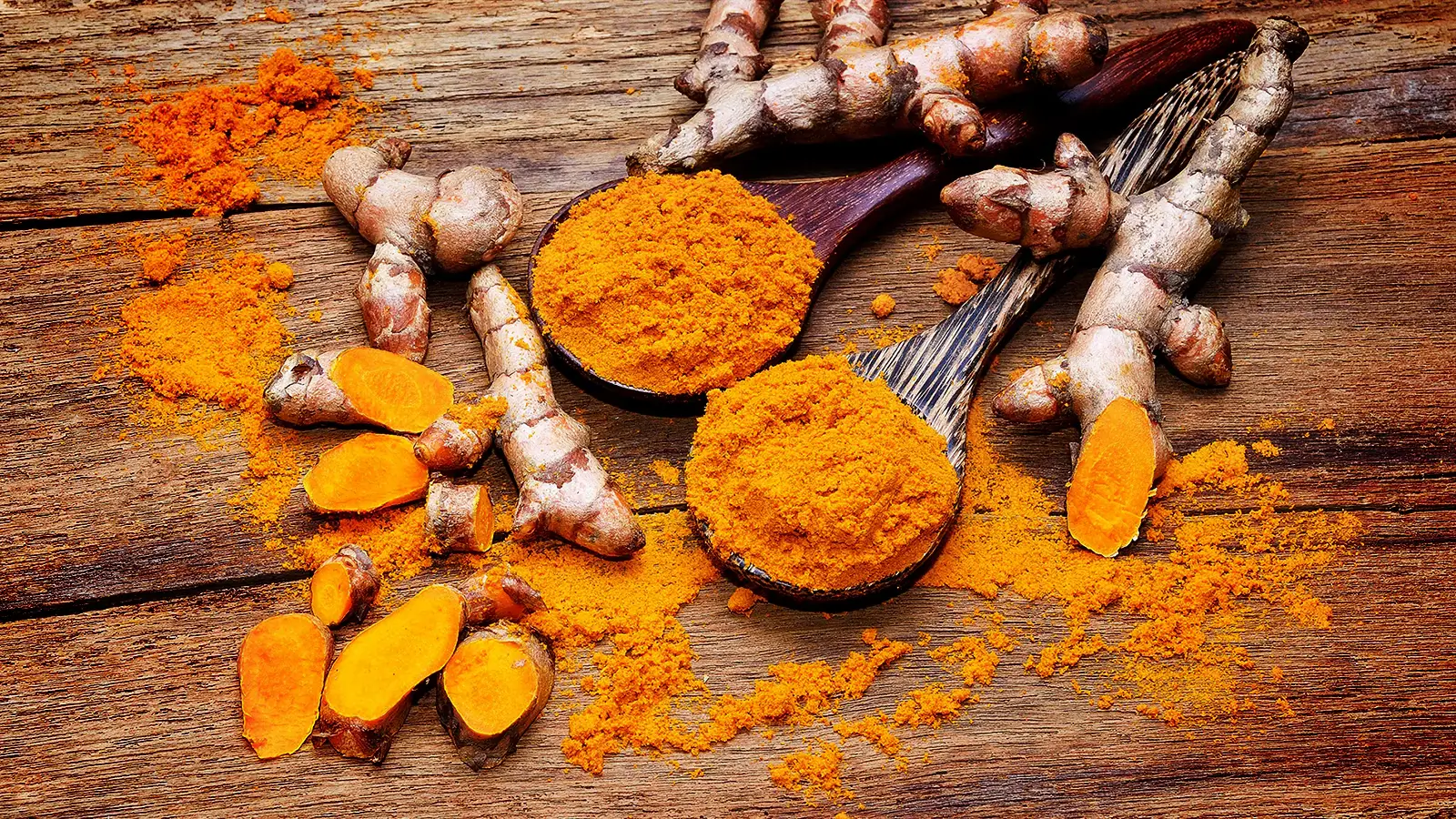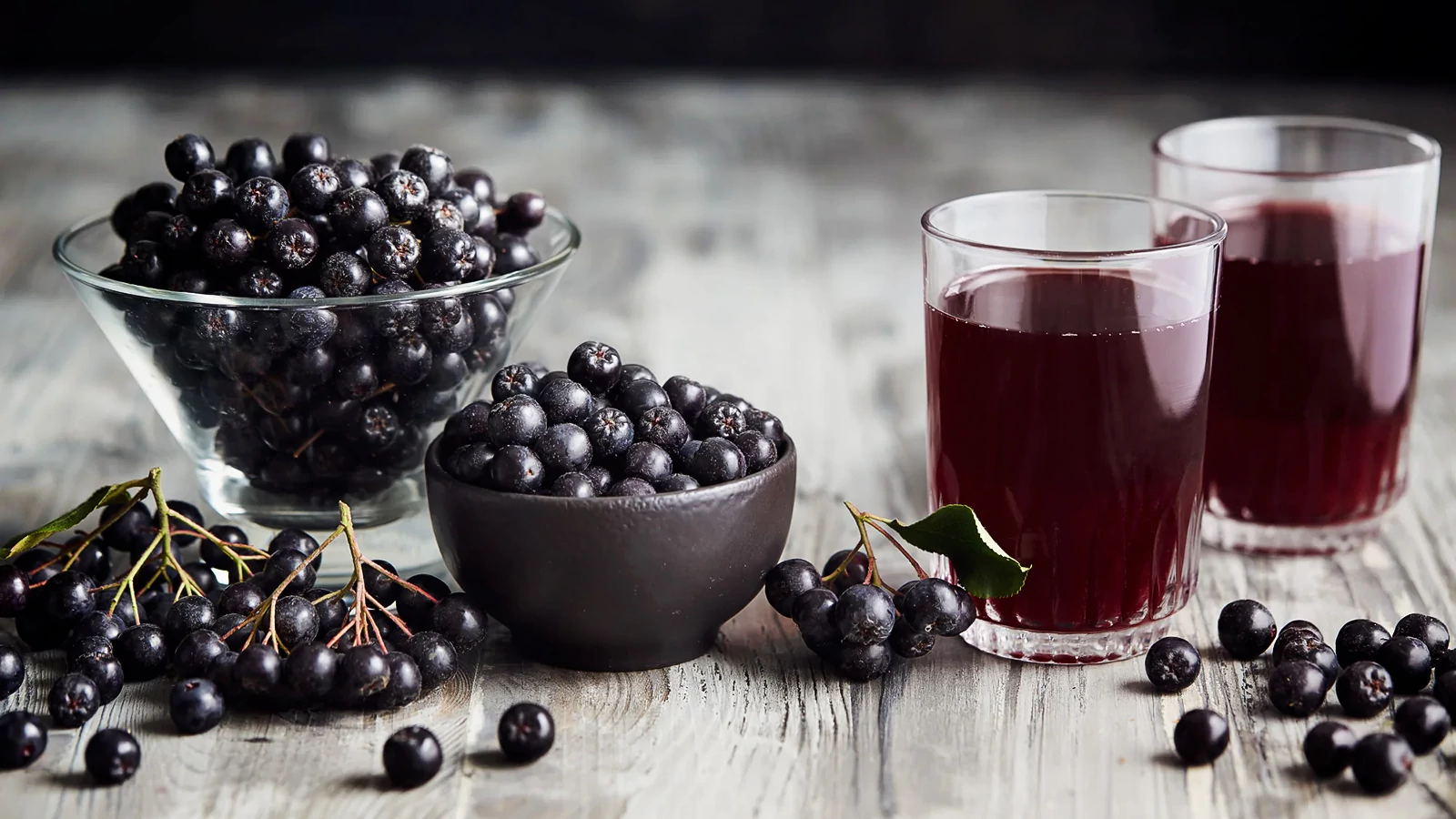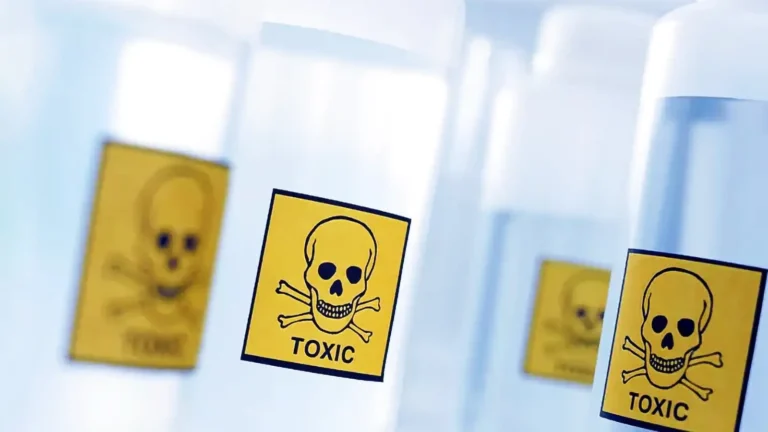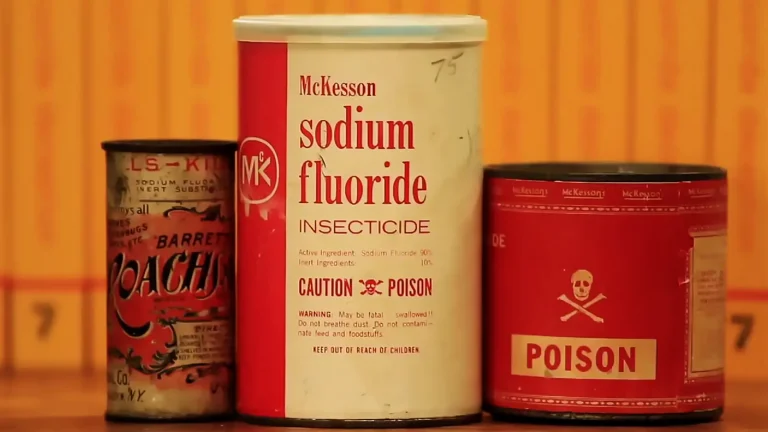Spirulina Benefits: Phycocyanin Rich Superfood
Spirulina has strong antioxidant, anticancer, antiviral, and immunomodulatory properties as ell as a capacity to combat obesity, diabetes, and cholesterol.
Milos Pokimica
Written By: Milos Pokimica
Medically Reviewed by: Dr. Xiùying Wáng, M.D.
Updated January 4, 2026Key Takeaways:
– Spirulina is a blue-green algae that is rich in protein, vitamins, minerals, antioxidants, and other beneficial compounds.
– NASA has stated that the nutritional value of 1000 kg of fruits and vegetables equals 1 kg of Spirulina. In 1992 WHO declared Spirulina as the “Best food for the future” to redress malnutrition, especially in children.
– Spirulina has various health benefits, such as fighting infections, preventing or treating cancer, reducing inflammation, detoxing heavy metals, managing diabetes, losing weight, improving cardiovascular health, and enhancing brain function.
– Spirulina is a superfood (highly nutrient-dense food source) that has a very high ORAC score, which means it can neutralize a lot of free radicals and protect your cells from oxidative stress.
– Spirulina is easy to digest and absorb and can be added to your diet as a powder, capsule, or tablet. The recommended dosage varies depending on your health goals and needs but generally ranges from 1 to 10 grams per day.
– It has more nutrients per gram than most other foods on the planet. It has protein, vitamins, minerals, antioxidants, and other beneficial compounds.
– Spirulina contains about 60% protein by dry weight. It is one of the rare plant sources of complete protein, meaning it has all the essential amino acids in the right proportions.
– Like blueberries and other rich antioxidant food sources spirulina has different pigments. The main pigment is phycocyanin, and it is responsible for its blue-green color, but also for its antioxidant properties that come with anti-inflammatory, and anticancer capabilities.
– Some studies have shown that spirulina has an ORAC score of around 6,000 per capsule of 500mg of dried powder.
– By taking spirulina before or after exercise, you can enhance your endurance, strength, and power. You can also speed up your recovery time and prevent muscle soreness and fatigue.
What Is Spirulina?
Have you ever heard of spirulina? It’s a tiny organism that belongs to the cyanobacteria family, also known as blue-green algae. You might not think of algae as something you can eat, but it has been a staple food for some people for centuries. And for good reason: spirulina is a powerhouse of nutrition and health benefits.
Spirulina grows in large outdoor ponds under controlled conditions, where it forms long and thin filaments that can be harvested and dried.
It is a photosynthetic organism, which means it can make its own food from light, water, and carbon dioxide. It does not need any other source of organic matter to survive and grow. It is an autotrophic organism, which means it can produce more biomass than it consumes. This makes spirulina an efficient and sustainable food source.
You can find spirulina as a dietary supplement in various forms, such as powder, capsules, or tablets. But what makes this algae so unique?
Spirulina is one of the most protein-rich foods on the planet, containing up to 70% protein by dry weight (Mathur, 2018). It also has all the essential amino acids that your body needs to build and repair tissues (Mathur, 2018). It also contains vitamins, minerals, antioxidants, and other beneficial compounds (Mathur, 2018).
It has some unique and powerful compounds on top that can enhance your body’s functions and protect you from diseases. Let’s take a look at three of them:
- Phycocyanin: This is the blue pigment that gives spirulina its beautiful color. But it’s not just for show: phycocyanin is also a protein that has anti-inflammatory, antioxidant, and anticancer properties (Ferdous & Yusof, 2021). It can protect your cells from damage caused by free radicals, inflammation, and toxins (Ferdous & Yusof, 2021). It can also modulate your immune system and help you fight off infections and tumors (Ferdous & Yusof, 2021).
- Sulfated polysaccharides: These are complex sugars that have antiviral, antibacterial, and antifungal effects (Mohan & Thirupathi, 2021). They can help you prevent or treat viral diseases such as colds, flu, herpes, HIV, and hepatitis (Mohan & Thirupathi, 2021). They can also enhance your gut health and prevent infections caused by harmful bacteria or fungi.
- Gamma-linolenic acid (GLA): This is an omega-6 fatty acid that has anti-inflammatory and anti-allergic effects. It can help you reduce inflammation and allergic reactions in your body. It can also lower your blood pressure and cholesterol levels and improve your skin health.
These are just some of the amazing compounds that spirulina contains. But what can spirulina do for you? Well, according to scientific research, it can help you with:
- Fighting Infections: It can boost your immune system and help you fight off viruses, bacteria, and fungi (Selmi et al., 2011). It can also prevent or treat colds, flu, herpes, HIV, and hepatitis (Ngo-Matip et al., 2015).
- Preventing or Treating Cancer: It can inhibit the growth of cancer cells and induce apoptosis (cell death) (Ferdous & Yusof, 2021). It can also enhance the effects of chemotherapy and radiation therapy and reduce their side effects (Rahman et al., 2021).
- Reducing Inflammation: It can lower the levels of inflammatory markers in your blood and tissues and alleviate symptoms of inflammatory diseases such as arthritis, asthma, allergies, and ulcerative colitis (Naeini et al., 2021), (Bannu SM et al., 2019), (Grover et al., 2021).
- Detoxes Heavy Metals: It does this by binding to the metals and expelling them through the urine or the liver (Martínez-Galero et al., 2015). This process is called chelation.
- Managing Diabetes: Spirulina can lower your blood sugar levels and improve your insulin sensitivity (Huang et al., 2018), (Hannan et al., 2020). It can also prevent or delay the complications of diabetes such as nerve damage, kidney damage, and eye problems (Abdel-Daim et al., 2020).
- Losing Weight: It can suppress your appetite and increase your metabolism (DiNicolantonio et al., 2020). It can also help you burn fat and preserve muscle mass.
- Improving Cardiovascular Health: It can lower your blood pressure and cholesterol levels (Machowiec et al., 2021) and prevent or reverse atherosclerosis (plaque buildup in your arteries) (Ku et al., 2013). It can also protect your heart from oxidative stress and ischemia (lack of oxygen).
- Enhancing Brain Function: Spirulina can improve your memory, learning, attention, and mood (Sorrenti et al., 2021), (Trotta et al., 2022). It can also protect your brain from neurodegeneration (loss of neurons) and neurotoxicity (damage from toxins)(Choi et al., 2022).
As you can see, spirulina is a superfood that can benefit almost every aspect of your health and is safe and well-tolerated by most people. There are no serious risks or side effects associated with dietary consumption for healthy individuals that are not allergic to it.
However, there are some challenges to using it as a regular food. First of all, it has a dark green color and a strong fishy smell that might not appeal to everyone. Second of all, it is quite expensive compared to other foods. Therefore, it might not be feasible to consume large amounts every day.
But don’t worry: you can still enjoy the benefits by adding small amounts of it to your diet. For example, you can mix some powder into your smoothies, juices, soups, salads, or baked goods. Or you can take some capsules or tablets as a supplement.
The recommended dosage varies depending on your health goals and needs. But generally speaking, you can start with 1 to 3 grams per day and gradually increase it up to 10 grams per day if needed. Of course, you should always consult your doctor before taking any supplements.
Fighting Infections.
Some studies suggest that spirulina can help our body to fight off infections and diseases, thanks to its antiviral and immune-boosting properties, as well as its anti-inflammatory and antioxidant effects.
But how does it do that and why? One of its secrets is its antioxidant compound phycocyanin, which gives spirulina its unique color. Phycocyanin has been shown to stop some viruses from multiplying and spreading in the body, such as herpes simplex virus, measles virus, mumps virus, influenza virus, and HIV (Panggabean et al., 2022).
Spirulina may also boost your immune system directly by increasing the production of white blood cells and antibodies that fight infections and bacteria in the body (Satyaraj et al., 2021), (Selmi et al., 2011). This may help you stay healthy and prevent illnesses. It seems that it might have different modes of action in supporting our immune system.
Preventing or Treating Cancer.
If you’re looking for a natural way to prevent or treat cancer, you may have heard of spirulina. This algae is a superfood that has many health benefits, including some that may help fight cancer. But how does it work, and what does the evidence say?
Spirulina has anti-oxidative properties that protect your cells from damage caused by free radicals. Free radicals are unstable molecules that can harm your DNA and trigger mutations that lead to cancer. By scavenging these free radicals, it may help prevent cancer from developing or progressing.
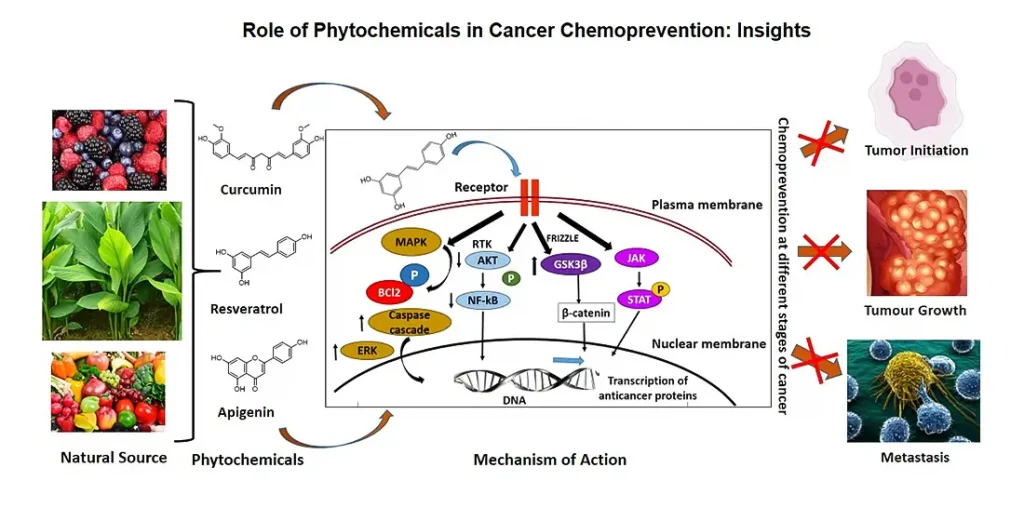
Spirulina also has anti-inflammatory properties that reduce swelling and pain in your body. Inflammation is a normal response to injury or infection, but chronic inflammation can also contribute to cancer by creating an environment that favors tumor growth. By lowering inflammation, it may help keep your tissues healthy and resistant to cancer.
But spirulina doesn’t just protect your cells from damage and inflammation. It also attacks cancer cells directly and makes them die. This process is called apoptosis, or programmed cell death. Apoptosis is a natural way of getting rid of abnormal or unwanted cells in your body. Spirulina can trigger apoptosis in cancer cells by activating certain genes and proteins that regulate cell death (Ferdous & Yusof, 2021).
Spirulina can also enhance the effects of conventional cancer treatments, such as chemotherapy and radiation therapy (Rahman et al., 2021). These treatments work by killing cancer cells, but they also damage healthy cells and cause side effects, such as nausea, fatigue, hair loss, and infections. It can help reduce these side effects by boosting your immune system and protecting your organs from toxicity.
Spirulina may be especially beneficial for skin cancer caused by UVB rays. UVB rays are a type of ultraviolet radiation that can damage your skin and cause sunburns, photoaging, pigmentation, and skin cancer. It can protect your skin from UVB rays by increasing the production of melanin, a pigment that gives your skin color and acts as a natural sunscreen.
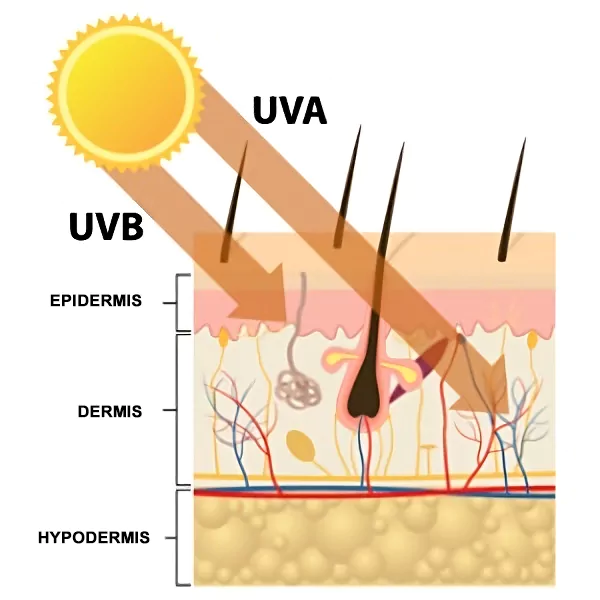
So, does spirulina have a role in preventing or treating cancer? The answer is yes but with some caveats. Most of the studies that support these benefits were done in animals or in test tubes, not in humans. That means we don’t know for sure how effective and safe it is for humans with cancer. There’s not enough evidence to recommend it as a standalone treatment for cancer, or as a substitute for medical treatment or advice. But there is evidence to suggest it might help with cancer prevention as a supplement.
Reducing Inflammation
Spirulina may have a role in reducing inflammation, which is a common cause of pain and disease in the body. Inflammation occurs when your immune system responds to an injury, infection, or irritant. Sometimes, however, inflammation can become chronic and damage your tissues and organs.
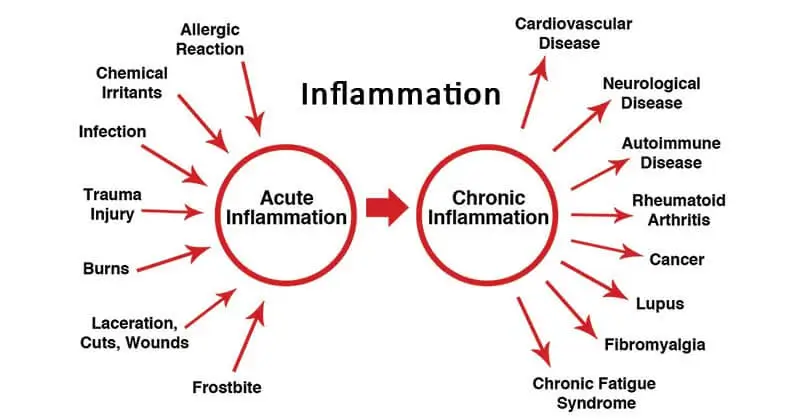
Spirulina contains antioxidants that can fight inflammation and protect your cells from damage. One of these antioxidants is phycocyanin, which gives it its blue-green color. Phycocyanin can block the production of inflammatory molecules and prevent tumor growth and cancer cell death (Jiang et al., 2018).
It may also help with some inflammatory conditions, such as arthritis, asthma, allergies, and ulcerative colitis. These conditions cause swelling, pain, and irritation in different parts of the body. Spirulina may help by lowering the levels of inflammatory markers in your blood and tissues and alleviating the symptoms.
One example of an inflammatory condition that spirulina may help with is allergic rhinitis, or hay fever. One study found that spirulina was more effective than cetirizine (Nourollahian et al., 2020). This is a type of allergy that affects the nose and causes sneezing, itching, congestion, and runny nose. It may help by reducing the inflammation of the nasal airways and the amount of histamine, which is a chemical that triggers allergic reactions.
Detoxes Heavy Metals.
Heavy metals are not the kind of metals you find in your jewelry or coins. They are substances that can build up in your body over time and cause serious health issues, such as kidney damage, neurological disorders, cancer, and pregnancy complications. You may not even realize that you are exposed to heavy metals every day from sources like industrial waste, soil erosion, mining, fossil fuel emissions, pesticides, and seafood.
Spirulina can help your body detox from heavy metals by acting like a magnet that attracts and captures them from your tissues and cells. Then it sends them to your urine or liver, where they can be flushed out of your system. This process is called chelation.
Spirulina is also rich in chlorophyll, which is the green pigment that makes plants look green. Chlorophyll is like a sponge that absorbs heavy metals and helps remove them from your body. But not all spirulina is created equal. Some spirulina may already be contaminated with heavy metals from where and how it is grown. Based on this study (Al-Dhabi, 2013) the concentration of inorganic elements was not found to exceed the present regulation levels in all samples tested. They tested for six typical heavy metals/minerals (Ni, Zn, Hg, Pt, Mg, and Mn) in 25 Spirulina products commercialized worldwide for direct human consumption and they concluded that all of them can be considered as safe as food, but again I would still look for more quality controlled products.
Spirulina can also protect your organs from damage caused by heavy metals by boosting your antioxidant and immune system. Phycocyanin has anti-inflammatory and anti-oxidative properties that can reduce oxidative stress and inflammation caused by heavy metals and prevent DNA damage and cell death.
But spirulina is not a substitute for medical treatment or advice. Heavy metal detoxing can be risky if done wrong or without proper guidance. Some heavy metal detoxes may cause side effects such as nausea, vomiting, diarrhea, headache, fatigue, and allergic reactions if they begin to pull too much toxicity out of the fat deposits into the bloodstream. Some heavy metal detoxes may also interact with medications or other supplements you may be taking.
Managing Diabetes.
Spirulina may help people with diabetes in several ways:
- Spirulina may lower blood sugar levels naturally. Several studies have shown that it can significantly lower fasting blood glucose levels in people with type 2 diabetes (Hatami et al., 2021). Spirulina may do this by stimulating insulin secretion, increasing glucose transport, or providing iron, antioxidants, and anti-inflammatory properties. It may also protect the pancreatic cells that produce insulin from damage caused by oxidative stress.
- Spirulina may lower cholesterol levels and improve blood lipids (Serban et al., 2016). People with diabetes often have high levels of cholesterol and triglycerides, which are fats in the blood that can increase the risk of heart disease and stroke. It may lower these fats by reducing the absorption of cholesterol in the gut, increasing the excretion of bile acids, or modulating the expression of genes involved in lipid metabolism. It may also increase the levels of HDL-C, or good cholesterol, which helps remove excess cholesterol from the blood vessels.
- Spirulina may prevent or delay the complications of diabetes. Diabetes can damage various organs and tissues in the body due to high blood sugar levels, inflammation, and oxidative stress. It may prevent or delay this damage by providing antioxidants that scavenge free radicals, anti-inflammatory compounds that reduce swelling and pain, and nutrients that support the function and repair of the organs and tissues. For example, spirulina may protect the eyes from diabetic retinopathy, a condition that causes vision loss due to damage to the retina. It may also protect the kidneys from diabetic nephropathy, a condition that causes kidney failure due to damage to the filtering units. Spirulina may also protect the nerves from diabetic neuropathy, a condition that causes numbness, tingling, pain, and weakness in the limbs due to damage to the nerve fibers.
Losing Weight.
Spirulina may help with weight loss in several ways (DiNicolantonio et al., 2020):
- Spirulina may increase the metabolic rate. The metabolic rate is the speed at which the body uses calories for energy. A higher metabolic rate means more calories are burned, which may aid weight loss. In a small-scale 2014 study, people who took 6 g of powder per day experienced beneficial metabolic effects, alongside weight loss and better health-related quality of life.
- Spirulina may suppress the appetite. The appetite is the desire to eat food, which is influenced by hormones, emotions, and environmental cues. A lower appetite means less food intake, which may also help with weight loss. It is rich in protein, which is known to promote satiety, or the feeling of fullness, after eating. Some people who use it for weight loss take a dose about an hour before eating a meal to reduce their appetite and portion size.
- Spirulina may improve blood sugar control. Blood sugar control is the ability to maintain normal levels of glucose in the blood. Poor blood sugar control can lead to insulin resistance, which is a condition where the cells become less responsive to insulin, a hormone that helps glucose enter the cells. Insulin resistance can cause weight gain, especially around the abdomen, and increase the risk of type 2 diabetes and other health problems. It may lower blood sugar levels and improve insulin sensitivity by stimulating insulin secretion, increasing glucose transport, or providing iron, antioxidants, and anti-inflammatory properties.
- Spirulina may enhance overall health. Weight loss is not only about calories in and calories out. It is also about improving the health and function of various organs and systems in the body that affect metabolism, energy, and mood. It may enhance overall health by providing various nutrients, such as vitamins A, E, K, B complex, iron, magnesium, potassium, and fatty acids. It may also protect the organs from damage caused by oxidative stress, inflammation, and toxins. For example, It may protect the liver from fatty liver disease, the kidneys from kidney disease, and the eyes from eye problems.
Improving Cardiovascular Health.
Cardiovascular health refers to the health and function of the heart and blood vessels. Cardiovascular disease is a leading cause of death worldwide, the number one killer contributing to one in 3 death in developed countries. Cardiovascular disease can result from various factors, such as high blood pressure, high cholesterol, inflammation, and oxidative stress.
Spirulina may help improve cardiovascular health in almost all of these several ways:
- Spirulina may lower cholesterol and triglycerides (Serban et al., 2016). Cholesterol and triglycerides are types of fats that circulate in the blood and can accumulate in the arteries, causing them to narrow and harden. This can increase the risk of heart attack, stroke, and other cardiovascular problems. It may lower cholesterol and triglycerides by reducing their absorption in the gut, increasing their excretion in the bile, or modulating their metabolism in the liver. It may also increase the levels of HDL-C, or good cholesterol, which helps remove excess cholesterol from the blood vessels.
- Spirulina may lower blood pressure (Machowiec et al., 2021). Blood pressure is the force of blood pushing against the walls of the arteries. High blood pressure can damage the arteries and the heart, leading to cardiovascular disease. It may lower blood pressure by increasing the production of nitric oxide, a molecule that relaxes and widens the blood vessels. Spirulina may also lower blood pressure by reducing inflammation and oxidative stress in the body.
- Spirulina may prevent or reduce oxidative stress and inflammation (Naeini et al., 2021). Oxidative stress and inflammation are processes that can damage the blood vessels, contributing to cardiovascular disease and other chronic conditions. Spirulina is rich in antioxidants, such as phycocyanin, beta carotene, and vitamin E, that can scavenge free radicals and protect the epithelium cells from oxidative damage. It also has anti-inflammatory properties that can reduce swelling and pain in the body. It may also modulate the immune system and prevent excessive or inappropriate immune responses that can harm the cardiovascular system.
- Spirulina may protect against cardiovascular complications (Vilahur et al., 2022). Cardiovascular disease can cause various complications, such as arrhythmia, heart failure, angina, peripheral artery disease, and atherosclerosis. Spirulina may protect against these complications by improving the function and structure of the heart and blood vessels. For example, spirulina may prevent or reverse cardiac hypertrophy, which is an enlargement of the heart muscle due to high blood pressure or other causes. It may also prevent or reduce plaque formation in the arteries, which can cause atherosclerosis.
Enhancing Brain Function.
Spirulina may help enhance brain function in several ways:
- Spirulina may protect the brain from oxidative stress (Lee et al., 2020). Free radicals are unstable molecules that can damage the cells and tissues in the body, including the brain. Oxidative stress can cause brain cell damage and death leading to neurodegeneration, and cognitive impairment. There are only some of the antioxidants that are able to cross the blood-brain barrier. Spirulina is rich in antioxidants, such as phycocyanin that can scavenge free radicals and protect the brain from oxidative damage.
- Spirulina may prevent or reduce neuroinflammation (Trotta et al., 2022). Neuroinflammation is a process where the immune system responds to an injury or infection in the brain. Sometimes, however, neuroinflammation can become chronic and harmful, contributing to neurological disorders such as Alzheimer’s disease, Parkinson’s disease, and multiple sclerosis. Spirulina has anti-inflammatory properties that can reduce neuroinflammation by modulating the immune system and preventing excessive or inappropriate immune responses that can harm the brain.
- Spirulina may improve cognitive function (Sorrenti et al., 2021), (Trotta et al., 2022). Cognitive function is the ability of the brain to process information or in other words the brain’s ability to learn, remember, reason, solve problems, and make decisions. Cognitive function will decline with natural aging or due to various factors such as oxidative and toxic stress, sleep deprivation, or nutrient deficiency. Spirulina may improve cognitive function by providing various nutrients that support brain health, such as protein, iron, magnesium, potassium, and fatty acids. Spirulina may also improve cognitive function by enhancing blood flow to the brain, increasing neurotransmitter levels, or stimulating neurogenesis (the growth of new brain cells).
- Spirulina may prevent or delay neurodegeneration (Choi et al., 2022). Neurodegeneration is a process where the brain cells gradually lose their structure and function over time. Neurodegeneration can lead to neurological disorders. Spirulina may prevent or delay neurodegeneration by protecting the brain cells from oxidative stress and inflammation, activating genes and proteins that regulate cell survival and death, or modulating pathways that are involved in neurodegeneration.
The Protein Content of Spirulina.
Do you want to boost your protein intake without eating meat or dairy? Then you might want to try spirulina.
Why is spirulina so good for you? Well, one of the main reasons is that it is packed with protein. Protein is essential for building and repairing your muscles, bones, skin, hair, and nails. It also helps you feel full and satisfied after a meal.
But not all proteins have the all essential amino acids. Some proteins are incomplete, meaning they lack one or more of the amino acids that your body cannot make on its own. These amino acids are called essential amino acids.
It is one of the rare plant sources of complete protein, meaning it has all the essential amino acids in the right proportions. In fact, it has more protein than most animal sources, such as beef, chicken, eggs, or milk.
According to various sources, spirulina contains about 60% protein by dry weight (Mathur, 2018). That’s impressive, considering that most plant foods have less than 20% protein by dry weight.
This means that one teaspoon (7 g) of dried powder provides about 4 g of protein. That’s equivalent to about half an egg or a quarter cup of cottage cheese. And you can easily add more to your diet by mixing it into your smoothies, juices, soups, salads, or baked goods.
But that’s not all: spirulina’s protein is also easy to digest and absorb (Mathur, 2018). Unlike some plant foods that have tough cell walls made of cellulose, spirulina has no cellulose in its cell walls. This makes it easier for your body to break down and use the protein in it.
It can be a great addition to your diet if you are looking for a natural and vegan source of protein. It can help you meet your daily protein needs and support your health and wellness.
It can also be a lifesaver for people who suffer from malnutrition or protein deficiency. Malnutrition can cause serious health problems such as stunted growth, weakened immunity, anemia, and infections. Protein deficiency can lead to muscle wasting, edema, hair loss, and skin problems.
It can help prevent or treat these conditions by providing a high-quality and easily digestible source of protein. It can also provide other nutrients besides just protein that are often lacking in malnourished people.
It has been used successfully in various humanitarian projects to combat malnutrition and hunger in developing countries. For example, spirulina has been given to children in India, Bangladesh, Burkina Faso, Chad, and Rwanda to improve their growth and health outcomes.
It is food that can benefit anyone who wants to increase their protein intake and improve their overall health.
Nutrition Facts.
Spirulina is a tiny organism that grows in long and thin filaments, like strands of hair. It has a smooth and shiny surface, with no hard or tough coating. This makes it easy for your body to digest and absorb the nutrients in it. You don’t need any complex enzymes to break it down, unlike some other plant foods.
But what makes it so good for you? Well, one of the main reasons is that it is high in nutrient density. It has more nutrients per gram than most other foods on the planet. It has protein, vitamins, minerals, antioxidants, and other beneficial compounds.
But it is not just a simple food at the same time. It’s also a colorful one. Like blueberries and other rich antioxidant food sources. Spirulina has different pigments that give it different colors and functions. The main pigment is phycocyanin, which is a blue protein. Phycocyanin is responsible for spirulina’s blue-green color, but also for its antioxidant properties that come with anti-inflammatory, and anticancer capabilities.
It also has other pigments, such as chlorophyll and carotenoids. Chlorophyll is a green pigment that helps to capture light and convert it into energy. Carotenoids are yellow, orange, or red pigments that protect spirulina from oxidative stress and enhance its antioxidant activity. Carotenoids also provide some vitamin A content.
Some spirulina also have another pigment called phycoerythrin, which is a red protein. Phycoerythrin gives a red or pink color, depending on the amount and type of pigment. Phycoerythrin also has antioxidant and anti-inflammatory effects.
Let’s take a look at some of the nutrition facts for spirulina, based on one tablespoon or 7 grams (g) of dried powder:
| Nutrient | Amount | DV | Benefits |
| Calories | 20 | – | Low in calories and can help you control your calorie intake and manage your weight. |
| Protein | 4 g | 8% | Very high in protein and can help you build and repair your muscles, bones, skin, hair, and nails. It also helps you feel full and satisfied after a meal. |
| Fat | 1 g | 1% | Low in fat and can help you lower your fat intake and cholesterol levels. It also contains some healthy fats, such as omega-3 and omega-6 fatty acids, which have anti-inflammatory and heart-healthy effects. |
| Carbohydrates | 2 g | 1% | Low in carbohydrates and can help you reduce your sugar intake and blood sugar levels. It also contains some fiber, which can help you improve your digestion and gut health. |
| Iron | 2 mg | 13–22% | Rich source of iron and can help you prevent or treat iron deficiency anemia. Iron is essential for making red blood cells, which carry oxygen to your tissues and organs. |
| Magnesium | 13.6 mg | 3.4% | Source of magnesium and can help you maintain your nerve and muscle function, blood pressure, and bone health. Magnesium is also involved in many enzymatic reactions in your body. |
| Potassium | 95.4 mg | 3–4% | Source of potassium and can help you balance your fluid and electrolyte levels, regulate your heartbeat, and lower your blood pressure. Potassium is also important for nerve and muscle function. |
| Sodium | 73.5 mg | 3% | Low in sodium and can help you limit your salt intake and prevent or reduce high blood pressure, fluid retention, and kidney problems. Sodium is also necessary for maintaining your fluid balance and nerve function. |
| Copper | 0.4 mg | 47% | Rich source of copper and can help you produce red blood cells, collagen, melanin, and neurotransmitters. Copper is also important for your immune system, iron metabolism, antioxidant defense, and gene expression. |
| Thiamin | 0.2 mg | 14% | Source of thiamin or vitamin B1 and can help you convert carbohydrates into energy, support your nervous system, and prevent beriberi. Thiamin is also essential for many enzymatic reactions in your body. |
| Riboflavin | 0.3 mg | 20% | Rich source of riboflavin or vitamin B2 and can help you produce energy from food, maintain your skin health, prevent anemia, and protect your eyesight. Riboflavin is also involved in many metabolic pathways in your body. |
| Niacin | 1 mg | 6% | Source of niacin or vitamin B3 and can help you lower your cholesterol levels, improve your blood circulation, prevent pellagra, and support your brain function. Niacin is also important for many cellular processes in your body. |
| Folate | 7 mcg | 2% | Source of folate or vitamin B9 and can help you make DNA, red blood cells, and neurotransmitters. Folate is also crucial for your fetal development, preventing birth defects, and reducing the risk of depression and dementia. |
| Vitamin A | 11 mcg | 1% | Source of vitamin A and can help you maintain your vision, skin health, immune system, and reproductive system. Vitamin A is also involved in many gene expressions in your body. |
| Vitamin B6 | 0.1 mg | 5% | Source of vitamin B6 and can help you make hemoglobin, neurotransmitters, hormones, and antibodies. Vitamin B6 is also important for your brain function, mood regulation, and metabolism of amino acids and carbohydrates. |
| Vitamin K | 25.5 mcg | 21% | Rich source of vitamin K and can help you clot your blood, prevent bleeding, and maintain your bone health. Vitamin K is also involved in many protein modifications in your body. |
Spirulina also contains other nutrients that are not listed on the nutrition label, but are still beneficial for your health. Some of these are:
- Beta-carotene: This is a precursor of vitamin A and a potent antioxidant that can protect your cells from oxidative stress and inflammation. Beta-carotene can also improve your skin health, immune system, and eye health. Values in nutrition carts may not reflect the actual amount of beta carotene in products available to consumers. You may want to contact the manufacturer for more information.
- Phycocyanin: This is the blue pigment that gives spirulina its color and its name. Phycocyanin is also a protein that has anti-inflammatory, antioxidant, and anticancer properties. It can protect your cells from damage caused by free radicals, inflammation, and toxins. It can also modulate your immune system and help you fight off infections and tumors.
- Chlorophyll: This is the green pigment that helps to capture light and convert it into energy. Chlorophyll is also a detoxifier that can bind to toxins and heavy metals in your body and eliminate them through your feces. Chlorophyll can also improve your blood quality, oxygen delivery, and wound healing.
However, spirulina is not a magic bullet that can cure all your ailments or replace a balanced diet. You still need to eat a variety of foods from different food groups to meet all your nutritional needs. You also need to consult your doctor before taking any supplements, especially if you have any medical conditions or allergies.
It can be a great addition to your diet if you are looking for a natural and vegan source of nutrients.
Spirulina Pseudovitamin B12.
Have you ever heard of spirulina pseudovitamin B12? It sounds like a fancy name for a beneficial nutrient, right? Well, not quite. In fact, this compound is a fake vitamin that can do more harm than good to your health. Let me explain why.
Vitamin B12 is a vital nutrient that your body needs for many important functions, such as making red blood cells, DNA, and nerve signals. Without enough vitamin B12, you can develop serious problems like anemia, fatigue, weakness, nerve damage, and cognitive decline.
Now, you may think that this type of blue-green algae which is often marketed as a superfood, can provide you with vitamin B12. After all, it contains a compound that looks very similar to vitamin B12 in its structure. But don’t be fooled by this resemblance. This compound is actually a pseudovitamin B12, which means it is not biologically active in humans. In other words, your body cannot use it or benefit from it.
What’s worse, this pseudovitamin B12 may even interfere with the absorption of the real vitamin B12 from other sources. This implies that if spirulina is your primary supply of vitamin B12, you may become deficient in this crucial vitamin.
This is particularly bad news for vegans, who may struggle to receive enough vitamin B12 from plant-based meals in the first place.
Vegans need to be extra careful about their vitamin B12 intake, as they are at a higher risk of deficiency than omnivores. If you are vegan or vegetarian, you should not count on spirulina to meet your vitamin B12 needs.
The best way is to consume fortified foods or supplements that contain the active form of vitamin B12, such as methylcobalamin or cyanocobalamin. These forms of vitamin B12 can be easily absorbed and used by your body.
Pseudovitamin B12 may sound like a good thing, but it is actually a bad thing. Don’t let it fool you or harm you. Choose the real vitamin B12 instead and enjoy its benefits for your health.
Spirulina Orac Value.
ORAC stands for Oxygen Radical Absorbance Capacity, which is a measure of the antioxidant activity of foods or substances. It’s not a type of whale, but a way of measuring how powerful an antioxidant is.
Spirulina is a superfood (highly nutrient-dense food source) that has a very high ORAC score, which means it can neutralize a lot of free radicals and protect your cells from oxidative stress. It is a blue-green algae that contains a special antioxidant called phycocyanin, which gives it its beautiful color. Phycocyanin is not only an antioxidant, but also an anti-inflammatory and immune-boosting agent.
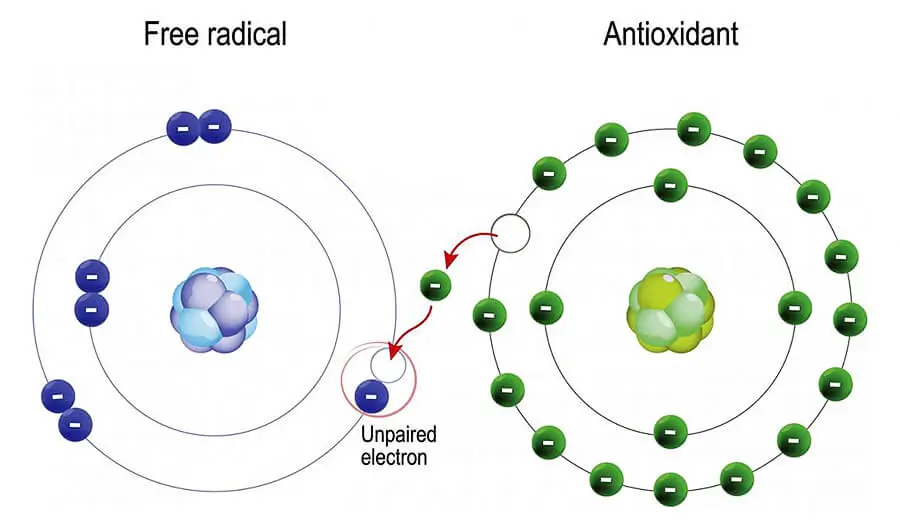
How high is the ORAC score of spirulina? Well, it depends on the quality and type you use, as well as how you measure it.
One way to measure the antioxidant power of foods or supplements is by using the ORAC test, which stands for Oxygen Radical Absorbance Capacity. The higher the ORAC value, the better the food or supplement is at fighting free radicals.
In 2010, a group of respected researchers published a comprehensive report of ORAC values for hundreds of foods and supplements in the Nutrition Journal (Carlsen et al., 2010). They tested everything from common fruits and vegetables to processed junk foods like brownies and pancakes. They also included some exotic superfoods that are not widely available, such as goji berries, acai berries, and spirulina.
Spirulina is one of the most potent antioxidants on the planet. The researchers tested GNC 500 mg spirulina capsules, which are made of pure spirulina powder without any fillers or additives. They found that each 500 mg capsule had an ORAC value of 5,970. That means that one capsule of spirulina has more antioxidant power than a cup of blueberries, which has an ORAC value of 4,669.
So if you are looking for a natural way to boost your antioxidant intake and protect your cells from oxidative stress, you might want to consider adding spirulina to your diet. You can take it as a capsule or a tablet, or you can mix it with water or juice.
I always recommend people just to start with a simple curcumin black pepper mix and then add other supplements on top of that. Still, spirulina alongside other antioxidant supplements like astaxanthin and essential oils and spices and herbs and cacao and hibiscus, and others are one more good and available antioxidant source.
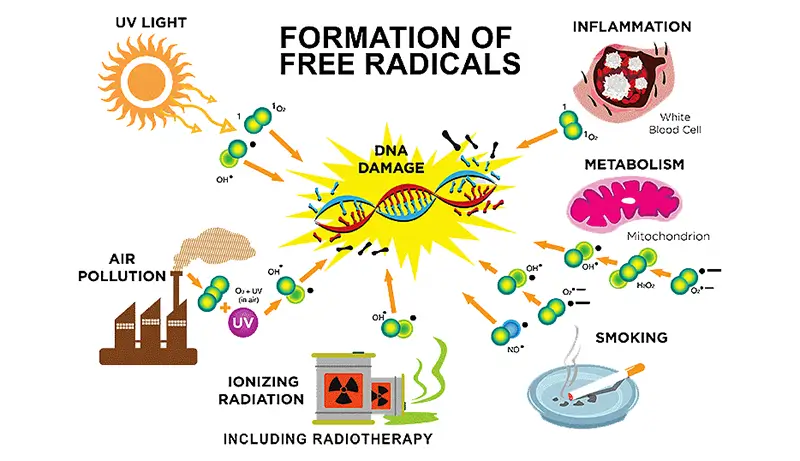
Potential Health Benefits of Spirulina.
Some of the potential health benefits of spirulina include:
- Lowering cholesterol and triglyceride levels, which can reduce the risk of heart disease and stroke.
- Enhancing immunity and fighting infections, by stimulating the production of antibodies and immune cells.
- Increasing red blood cell count and hemoglobin levels, which can improve oxygen delivery and prevent anemia (Selmi et al., 2011).
- Reducing inflammation and pain, by inhibiting the enzymes that trigger inflammatory responses.
- Protecting the liver from damage and toxins, by increasing the activity of antioxidant enzymes and reducing oxidative stress.
- Reducing the toxicity in the kidneys, by preventing the accumulation of urea and creatinine, which are waste products of protein metabolism.
- Controlling bronchial asthma, by improving lung function and reducing airway inflammation.
- Enhancing the supply of antioxidants, such as beta-carotene, vitamin E, phycocyanin, and chlorophyll, which can protect the cells from free radical damage and aging.
- Boosting brain function and memory, by increasing the levels of neurotransmitters and neuroprotective factors.
- Promoting muscle strength and endurance, by improving exercise performance and reducing muscle fatigue.
- Supporting weight loss, by increasing metabolism, suppressing appetite, and modulating blood sugar levels.
- Improving oral health, by reducing gum inflammation and treating leukoplakia, a condition that causes white patches in the mouth.
- Providing essential amino acids, especially for vegetarians and vegans, as spirulina contains all the essential amino acids that your body needs.
Potential Risks of Spirulina.
Some of the risks of spirulina are:
- Contamination with toxins. Spirulina harvested in the wild may be exposed to heavy metals, bacteria, or harmful substances called microcystins, which can damage your liver and cause other serious health problems. Spirulina grown in controlled environments may have lower levels of microcystins, but it is still important to choose a reputable brand that has been tested for quality and purity.
- Worsening of autoimmune conditions. Spirulina may strengthen your immune system by enhancing the activity of natural killer cells, which are capable of fighting infections and cancers. However, some autoimmune conditions, such as lupus, multiple sclerosis, or rheumatoid arthritis, in which your immune system attacks your own tissues, may be worsened by this.
- Thinning of blood. It may lower your blood pressure and cholesterol levels, which can be beneficial for your heart health. However, it may also interfere with blood clotting and increase the risk of bleeding, especially if you are taking blood thinners or have a bleeding disorder. You should avoid it if you have a history of bleeding problems or are scheduled for surgery.
- Gout or kidney stones. Spirulina is high in protein and purines, which are compounds that can increase the levels of uric acid in your body. Uric acid is a waste product that is normally excreted by your kidneys. However, if it accumulates in your blood or joints, it can cause gout or kidney stones. You should limit your intake if you have gout or kidney problems.
- Allergic reactions. Spirulina may cause allergic reactions in some people, such as skin rashes, itching, swelling, or difficulty breathing. You should stop taking it and seek medical attention if you experience any signs of an allergic reaction.
Spirulina may not be safe for everyone, especially pregnant women, children, people with certain medical conditions, or people taking certain medications. You should always consult your doctor before taking any supplements.
Does Spirulina Contain BMAA?
BMAA is a neurotoxin that can be produced by certain types of blue-green algae. These microscopic organisms are also known as cyanobacteria, and they can grow in fresh or salt water, as well as on land.
But is spirulina safe to consume? It is a blue-green algae. Could it contain BMAA and harm your brain?
The good news is that spirulina seems to be free of BMAA, or at least very low in it. A study that tested ten different spirulina supplements using a sophisticated method called liquid chromatography-tandem mass spectrometry (LC-MS/MS) found no traces of BMAA in any of them (McCarron et al., 2014).
So you can breathe a sigh of relief and enjoy your smoothie without worrying about your brain. However, this does not mean that you can ignore the quality and origin of your spirulina products. Some factors, such as environmental conditions, contamination, or processing methods, may affect purity and safety. Also, not all blue-green algae are the same. Some other species may still contain BMAA and other toxins so outside of spirulina I would avoid all types of blue-green algae and see products that are known to accumulate blue-green algae toxins and this includes fish. This might be especially a concern if see products come from areas affected by blue-green algae blooms like the Gulf of Mexico.

Remember, BMAA is not something to take lightly.
Spirulina and Sport.
Spirulina and sport is a topic that has been studied by some researchers who have found some possible benefits of taking it as a supplement for athletes and sports participants.
If you’re looking for a natural way to boost your athletic performance and recovery, you might want to consider spirulina.
It can reduce the amount of damage that exercise causes to your muscles, liver, and blood cells by scavenging the free radicals that cause oxidative stress. It can also lower the levels of certain enzymes and chemicals that indicate muscle damage, inflammation, and lipid peroxidation. These include creatine kinase, lactate dehydrogenase, and malondialdehyde.
By taking spirulina before or after exercise, you can enhance your endurance, strength, and power. You can also speed up your recovery time and prevent muscle soreness and fatigue. It can also support your immune system, which can be compromised by strenuous exercise.
Some of the benefits of spirulina for sport are (Gurney & Spendiff, 2020), (Gurney & Spendiff, 2022):
- Improved antioxidant status. It contains compounds called phycocyanins, which have antioxidant and anti-inflammatory properties. Antioxidants can help protect your cells from oxidative stress and inflammation, which can be induced by exercise and impair your recovery and performance.
- Accelerated recovery. It may help minimize exercise-induced muscle damage, liver damage, and blood cell damage, as well as lower levels of creatine kinase, lactate dehydrogenase, and malondialdehyde, which are indicators of muscle damage, inflammation, and lipid peroxidation. This may help you recover faster and prevent muscle soreness and fatigue.
- Increased muscle strength. Spirulina may enhance your muscle strength by increasing the synthesis of nitric oxide, which is a molecule that improves blood flow and oxygen delivery to your muscles. Nitric oxide also stimulates the release of growth hormone, which can promote muscle growth and repair.
- Improved stamina. Spirulina may boost your endurance and aerobic capacity by increasing the production of red blood cells, which carry oxygen to your muscles. Spirulina also contains iron, which is essential for hemoglobin formation and oxygen transport. Additionally, it may improve your fat metabolism, which can spare your glycogen stores and delay muscle fatigue.
- Optimized energy metabolism. Spirulina may improve your energy metabolism by providing you with easily digestible protein, polysaccharides, and essential fatty acids, which can be used as fuel for your muscles. It also contains B vitamins, magnesium, and zinc, which are involved in various enzymatic reactions that produce energy from carbohydrates, fats, and proteins.
Spirulina may not be suitable for everyone, especially if you have allergies, autoimmune diseases, bleeding disorders, gout, kidney problems, or vitamin B12 deficiency. You should always consult your doctor before taking any supplements.
How to Use Spirulina.
Spirulina is a type of blue-green algae that can be used as a food or a supplement. It is available in powder, capsule, or tablet form. There are different ways to use it, depending on your preference and taste. Here are some suggestions:
- Add spirulina to smoothies or juices. This is one of the easiest and most popular ways. You can add about 1 teaspoon (5 grams) of powder to your favorite smoothie or juice and blend it well. The sweet and fruity flavors will help mask the algae taste and color.
- Mix spirulina with water or tea. If you don’t mind the taste, you can simply stir it into a glass of water or a cup of tea and drink it straight. You can also add some lemon juice, honey, or stevia to improve the flavor.
- Sprinkle spirulina on foods. You can use it as a seasoning or a garnish for various dishes, such as salads, soups, dips, sauces, dressings, or snacks. You can also mix it with other ingredients, such as pesto, hummus, guacamole, or ice cream.
- Take spirulina capsules or tablets. If you don’t like the taste or texture of powder, you can opt for capsules or tablets that contain spirulina extract. This is a convenient and portable way to take spirulina without any preparation. Just follow the dosage instructions on the label.
The amount you should take depends on your health goals and tolerance. Generally, 1–3 teaspoons (5–15 grams) of spirulina powder per day is considered safe and effective for most people
Dosage Recommendations.
Spirulina is a type of blue-green algae that has many nutritional and health benefits. However, there is no official suggested dosage, and the amount you should take may depend on your goals and health conditions. According to some sources, the following doses may be helpful:
- For cholesterol, doses in the range of 1-8 g per day may be impactful.
- For muscle performance, doses of 2-7.5 g per day have been used.
- For blood glucose control, very mild effects have been seen with 2 g per day.
- For blood pressure, doses of 3.5-4.5 g per day may be affected.
- For oral health, one study used a spirulina gel applied to the gums after scaling and root planing, and another study used 1 g per day for leukoplakia.
Potential Drug Interactions.
Spirulina can interact with certain medications and affect how they work in your body. This is something you should be aware of before you start taking supplements.
Some of the medications that spirulina can interfere with are:
- Immune suppressants: These are drugs that lower your immune system to prevent it from attacking your own tissues or organs. They are used to treat conditions like rheumatoid arthritis, psoriasis, Crohn’s disease, and organ transplants. Examples of these drugs are adalimumab, azathioprine, cyclosporine, etanercept, and infliximab. The problem is that spirulina can boost your immune system and make these drugs less effective. This can lead to more inflammation, pain, and organ damage.
- Cancer treatments: These are drugs or therapies that kill cancer cells or stop them from growing. They include chemotherapy, radiation therapy, immunotherapy, and targeted therapy. The problem is that spirulina can also stimulate your immune system and affect how your body responds to these treatments. This can reduce their effectiveness or cause more side effects.
- Blood thinners: These are drugs that prevent blood clots from forming or dissolve existing ones. They are used to treat or prevent conditions like stroke, heart attack, deep vein thrombosis, and pulmonary embolism. Examples of these drugs are aspirin, warfarin, heparin, clopidogrel, and others. The problem is that spirulina can thin your blood too and increase the risk of bleeding or bruising when taken with these drugs. This can cause serious complications like internal bleeding, hemorrhagic stroke, or excessive bleeding from wounds or surgery.
- Liver-metabolized drugs: These are drugs that are broken down by the liver before they reach the bloodstream. They include many common drugs like acetaminophen, statins, anticonvulsants, and others. The problem is that spirulina can affect the liver enzymes that metabolize these drugs and alter their levels in the blood. This can either increase or decrease their effects or cause more side effects.
- Antidiabetic drugs: Spirulina may lower blood sugar levels and improve insulin sensitivity. This may enhance the effects of antidiabetic drugs and cause hypoglycemia or low blood sugar. Examples of antidiabetic drugs are metformin, insulin, and sulfonylureas.
Spirulina vs. Chlorella.
| Nutrient | Spirulina | Daily Value | Chlorella | Daily Value |
| Calories | 290 | 15.50% | 411 | 21% |
| Protein | 57.5 g | 115% | 58 g | 116% |
| Fat | 7.72 g | 15% | 13 g | 20% |
| Carbohydrates | 23.9 g | 6% | 23 g | 8% |
| Fiber | 3.6 g | 0% | 3.5g | 0% |
| Sugar | 3.1 g | 0% | 2.5g | 0% |
| Potassium | 1360 mg | 29% | 950 mg | 20% |
| Calcium | 120 mg | 12% | 221 mg | 17% |
| Copper | 6.1 mg | 0.67% | 0.1 mg | 0% |
| Iron | 28.5 mg | 219% | 130 mg | 722% |
| Magnesium | 165 mg | 55% | 315 mg | 75% |
| Zinc | 2 mg | 21% | 71 mg | 646% |
| Vitamin A | 570 IU | 120% | 51,300 IU | 900%-1000% |
| Vitamin B1 (Thiamin) | 2.38 mg | 207% | 1.7 mg | 142% |
| Vitamin B2 (Riboflavin) | 3.67 mg | 306% | 4.3 mg | 331% |
| Vitamin B3 (Niacin) | 12.8 mg | 85% | 23.8 mg | 149% |
| Vitamin B6 | 0.364 mg | 28% | 0.9 mg | 70% |
| Folate (B9) | 94 mcg | 24% | 90 mcg | 24% |
| Vitamin B12 | pseudo | 0% | 0.13 mg | * |
| Vitamin C | 10 mg | 12% | 10 mg | 11% |
| Vitamin E | 5 mg | 33% | 1.5 mg | 10% |
| Vitamin K | 25 mcg | 24% | 263 mcg | 219% |
Source U.S. DEPARTMENT OF AGRICULTURE
If you are looking for a natural and nutritious supplement to boost your health, you may have heard of both spirulina and chlorella. These are two types of blue-green algae that are packed with vitamins, minerals, antioxidants, and other beneficial compounds. But what are the differences between these two algae? And which one should you choose?
- Appearance. Spirulina is named after its spiral shape, which consists of multiple cells joined together. Chlorella, on the other hand, is a single-celled algae that has a spherical shape. You can also tell them apart by their color. It has a blue-green hue, while chlorella is more green. This is because they have different amounts of chlorophyll and phycocyanin, which are the pigments that give algae their color and also have antioxidant properties.
- Cell structure. Spirulina has a thin cell wall that is easy to digest, so you can absorb its nutrients without much processing. Chlorella has a tough cell wall that protects it from predators but also makes it harder to digest. That’s why chlorella needs to be cracked or pulverized before consumption, otherwise, it will pass through your system without being absorbed.
- Nutritional profiles. Spirulina and chlorella have similar amounts of protein, carbohydrates, and fat, but they differ in their vitamin and mineral contents. Chlorella has more chlorophyll than spirulina, which is a green pigment that helps plants convert sunlight into energy. Chlorophyll may also have anti-inflammatory, anti-cancer, and wound-healing effects in humans. Chlorella also has more omega-3 fatty acids, which are essential for brain and heart health. In addition, chlorella has more provitamin A, riboflavin, magnesium, iron, and zinc than spirulina. These are important for vision, skin, energy, blood, and immunity.
- Spirulina has more protein than chlorella in some strains, which makes it a good source of amino acids for vegetarians and vegans. Spirulina also has more thiamine than chlorella, which is a vitamin that helps your body use carbohydrates for energy. Moreover, spirulina has more copper than chlorella, which is a mineral that helps your body make red blood cells and collagen. Spirulina also has more omega-6 fatty acids than chlorella, which are essential for skin and hair health.
- Health benefits. Spirulina and chlorella may have similar health benefits, such as lowering cholesterol, blood pressure, blood sugar, inflammation, and oxidative stress. They may also support immune system function, eye health, oral health, and detoxification. However, more research is needed to compare the effectiveness of these algae for different health outcomes.
So which one should you choose? Well, it depends on your goals and preferences. You may choose one over the other or use both in combination. However, you should consult your healthcare provider before taking any supplements and be aware of the potential side effects and interactions of these algae.
Spirulina and chlorella are generally considered safe when taken as dietary supplements, but they may also have some potential toxicity issues that you should be aware of. According to some sources, these are some of the possible dangers of spirulina and chlorella:
- Contamination with toxins: Spirulina and chlorella that are harvested from natural waters may be contaminated with toxins such as heavy metals, bacteria, or microcystins. Microcystins are substances produced by blue-green algae that are toxic to the liver and can cause liver damage, nausea, vomiting, diarrhea, and even death in severe cases. Therefore, it is important to choose spirulina and chlorella products that are grown in controlled environments and tested for purity and quality.
- Worsening of autoimmune conditions: Spirulina and chlorella may boost the immune system by stimulating the natural killer cells, which are responsible for attacking foreign invaders in the body. However, this may also worsen certain autoimmune conditions, such as lupus, multiple sclerosis, rheumatoid arthritis, and pemphigus vulgaris, in which the immune system attacks the body’s own tissues. Therefore, people with autoimmune diseases should consult their healthcare provider before taking spirulina or chlorella supplements.
- Blood thinning effects: Spirulina and chlorella may have blood thinning effects by inhibiting platelet aggregation, which is the clumping of blood cells that helps form clots. This may increase the risk of bleeding or bruising when taken with blood-thinning drugs, such as aspirin, warfarin, heparin, clopidogrel, and others. Therefore, people who are taking these drugs or have bleeding disorders should consult their healthcare provider before taking spirulina or chlorella supplements.
- Allergic reactions: Spirulina and chlorella may cause allergic reactions in some people who are sensitive to algae or seafood. The symptoms may include itching, swelling, hives, rash, difficulty breathing, or anaphylaxis. Therefore, people who have allergies to algae or seafood should avoid spirulina or chlorella supplements.
- Phenylketonuria (PKU): Spirulina contains phenylalanine, an amino acid that people with PKU cannot metabolize properly. Phenylalanine can accumulate in the body and cause brain damage in people with PKU. Therefore, people who have PKU should avoid spirulina supplements.
Spirulina is an ancient, single-celled freshwater blue-green algae that has existed since the beginning of life on earth. Spirulina can be consumed as a power, flakes or tablets to provide a source of protein, phytonutrients, essential vitamins, minerals, and antioxidants, including phycocyanin, zeaxanthin, beta-carotene, GLA as well as iron.
FAQ
References:
- Al-Dhabi N. A. (2013). Heavy metal analysis in commercial Spirulina products for human consumption. Saudi journal of biological sciences, 20(4), 383–388. https://doi.org/10.1016/j.sjbs.2013.04.006
- Mathur, M. (2018). Bioactive Molecules of Spirulina: A Food Supplement. In: Mérillon, JM., Ramawat, K. (eds) Bioactive Molecules in Food. Reference Series in Phytochemistry. Springer, Cham. https://doi.org/10.1007/978-3-319-54528-8_97-1
- Ferdous, U. T., & Yusof, Z. N. B. (2021). Medicinal prospects of antioxidants from algal sources in cancer therapy. Frontiers in Pharmacology, 12. https://doi.org/10.3389/fphar.2021.593116
- Mohan, S.C., Thirupathi, A. (2021). Antioxidant and Antibacterial Activities of Polysaccharides. In: Oliveira, J., Radhouani, H., Reis, R.L. (eds) Polysaccharides of Microbial Origin. Springer, Cham. https://doi.org/10.1007/978-3-030-35734-4_32-1
- Ngo-Matip, M., Pieme, C. A., Azabji-Kenfack, M., Moukette, B. M., Korosky, E., Stefanini, P., Ngogang, J., & Mbofung, C. M. F. (2015). Impact of daily supplementation of Spirulina platensis on the immune system of naïve HIV-1 patients in Cameroon: a 12-months single-blind, randomized, multicenter trial. Nutrition Journal, 14(1). https://doi.org/10.1186/s12937-015-0058-4
- Selmi, C., Leung, P. S., Fischer, L., German, B., Yang, C. Y., Kenny, T. P., Cysewski, G. R., & Gershwin, M. E. (2011). The effects of Spirulina on anemia and immune function in senior citizens. Cellular & molecular immunology, 8(3), 248–254. https://doi.org/10.1038/cmi.2010.76
- Rahman, M. A., Hannan, M. A., Dash, R., Rahman, M. H., Islam, R., Uddin, M. J., Sohag, A. A., Rahman, M. H., & Rhim, H. (2021). Phytochemicals as a Complement to Cancer Chemotherapy: Pharmacological Modulation of the Autophagy-Apoptosis Pathway. Frontiers in Pharmacology, 12, 639628. https://doi.org/10.3389/fphar.2021.639628
- Naeini, F., Zarezadeh, M., Mohiti, S., Tutunchi, H., Ebrahimi Mamaghani, M., & Ostadrahimi, A. (2021). Spirulina supplementation as an adjuvant therapy in enhancement of antioxidant capacity: A systematic review and meta-analysis of controlled clinical trials. International journal of clinical practice, 75(10), e14618. https://doi.org/10.1111/ijcp.14618
- Bannu, S. M., Lomada, D., Gulla, S., Chandrasekhar, T., Reddanna, P., & Reddy, M. C. (2019). Potential Therapeutic Applications of C-Phycocyanin. Current drug metabolism, 20(12), 967–976. https://doi.org/10.2174/1389200220666191127110857
- Grover, P., Bhatnagar, A., Kumari, N., Narayan Bhatt, A., Kumar Nishad, D., & Purkayastha, J. (2021). C-Phycocyanin-a novel protein from Spirulina platensis– In vivo toxicity, antioxidant and immunomodulatory studies. Saudi journal of biological sciences, 28(3), 1853–1859. https://doi.org/10.1016/j.sjbs.2020.12.037
- Martínez-Galero, E., Pérez-Pastén, R., Perez-Juarez, A., Fabila-Castillo, L., Gutiérrez-Salmeán, G., & Chamorro, G. (2015). Preclinical antitoxic properties ofSpirulina(Arthrospira). Pharmaceutical Biology, 54(8), 1345–1353. https://doi.org/10.3109/13880209.2015.1077464
- DiNicolantonio, J. J., Bhat, A. G., & OKeefe, J. (2020). Effects of spirulina on weight loss and blood lipids: a review. Open heart, 7(1), e001003. https://doi.org/10.1136/openhrt-2018-001003
- Huang, H., Liao, D., Pu, R., & Cui, Y. (2018). Quantifying the effects of spirulina supplementation on plasma lipid and glucose concentrations, body weight, and blood pressure. Diabetes, metabolic syndrome and obesity : targets and therapy, 11, 729–742. https://doi.org/10.2147/DMSO.S185672
- Abdel-Daim, M. M., Shaaban Ali, M., Madkour, F. F., & Elgendy, H. (2020). Oral Spirulina Platensis Attenuates Hyperglycemia and Exhibits Antinociceptive Effect in Streptozotocin-Induced Diabetic Neuropathy Rat Model. Journal of pain research, 13, 2289–2296. https://doi.org/10.2147/JPR.S267347
- Hannan, J. M. A., Ansari, P., Azam, S., Flatt, P. R., & Abdel Wahab, Y. H. A. (2020). Effects of Spirulina platensis on insulin secretion, dipeptidyl peptidase IV activity and both carbohydrate digestion and absorption indicate potential as an adjunctive therapy for diabetes. The British journal of nutrition, 124(10), 1021–1034. https://doi.org/10.1017/S0007114520002111
- Machowiec, P., Ręka, G., Maksymowicz, M., Piecewicz-Szczęsna, H., & Smoleń, A. (2021). Effect of Spirulina Supplementation on Systolic and Diastolic Blood Pressure: Systematic Review and Meta-Analysis of Randomized Controlled Trials. Nutrients, 13(9), 3054. https://doi.org/10.3390/nu13093054
- Ku, C. S., Yang, Y., Park, Y., & Lee, J. (2013). Health benefits of blue-green algae: prevention of cardiovascular disease and nonalcoholic fatty liver disease. Journal of medicinal food, 16(2), 103–111. https://doi.org/10.1089/jmf.2012.2468
- Sorrenti, V., Castagna, D. A., Fortinguerra, S., Buriani, A., Scapagnini, G., & Willcox, D. C. (2021). Spirulina Microalgae and Brain Health: A Scoping Review of Experimental and Clinical Evidence. Marine Drugs, 19(6), 293. https://doi.org/10.3390/md19060293
- Trotta, T., Porro, C., Cianciulli, A., & Panaro, M. A. (2022). Beneficial Effects of Spirulina Consumption on Brain Health. Nutrients, 14(3), 676. https://doi.org/10.3390/nu14030676
- Choi, W., Lee, W., Kim, T., Ryu, Y., Park, A., Lee, Y., Heo, S., Oh, C., Chung, Y., & Kang, D. (2022). The Effects of Spirulina maxima Extract on Memory Improvement in Those with Mild Cognitive Impairment: A Randomized, Double-Blind, Placebo-Controlled Clinical Trial. Nutrients, 14(18), 3714. https://doi.org/10.3390/nu14183714
- Panggabean, J. A., Adiguna, S., Rahmawati, S. I., Ahmadi, P., Zainuddin, E. N., Bayu, A., & Putra, M. Y. (2022). Antiviral Activities of Algal-Based Sulfated Polysaccharides. Molecules, 27(4), 1178. https://doi.org/10.3390/molecules27041178
- Jiang, L., Wang, Y., Liu, G., Liu, H., Zhu, F., Ji, H., & Li, B. (2018). C-Phycocyanin exerts anti-cancer effects via the MAPK signaling pathway in MDA-MB-231 cells. Cancer Cell International, 18(1). https://doi.org/10.1186/s12935-018-0511-5
- Nourollahian, M., Rasoulian, B., Gafari, A., Anoushiravani, M., Jabari, F., & Bakhshaee, M. (2020). Clinical comparison of the efficacy of spirulina platensis and cetirizine for treatment of allergic rhinitis. Acta otorhinolaryngologica Italica : organo ufficiale della Societa italiana di otorinolaringologia e chirurgia cervico-facciale, 40(3), 224–229. https://doi.org/10.14639/0392-100X-N0139
- Serban, M. C., Sahebkar, A., Dragan, S., Stoichescu-Hogea, G., Ursoniu, S., Andrica, F., & Banach, M. (2016). A systematic review and meta-analysis of the impact of Spirulina supplementation on plasma lipid concentrations. Clinical nutrition (Edinburgh, Scotland), 35(4), 842–851. https://doi.org/10.1016/j.clnu.2015.09.007
- Hatami, E., Ghalishourani, S. S., Najafgholizadeh, A., Pourmasoumi, M., Hadi, A., Clark, C. R., Assaroudi, M., Salehi-Sahlabadi, A., Joukar, F., & Mansour-Ghanaei, F. (2021). The effect of spirulina on type 2 diabetes: a systematic review and meta-analysis. Journal of Diabetes and Metabolic Disorders, 20(1), 883–892. https://doi.org/10.1007/s40200-021-00760-z
- DiNicolantonio, J. J., Bhat, A. G., & OKeefe, J. (2020). Effects of spirulina on weight loss and blood lipids: a review. Open heart, 7(1), e001003. https://doi.org/10.1136/openhrt-2018-001003
- Vilahur, G., Sutelman, P., Mendieta, G., Radiké, M., Schoch, L., Casaní, L., Padro, T., & Badimon, L. (2022). Supplementation With Spirulina Reduces Infarct Size and Ameliorates Cardiac Function in a Pig Model of STEMI. Frontiers in Pharmacology, 13, 891801. https://doi.org/10.3389/fphar.2022.891801
- Lee, K. H., Cha, M., & Lee, B. H. (2020). Neuroprotective Effect of Antioxidants in the Brain. International Journal of Molecular Sciences, 21(19), 7152. https://doi.org/10.3390/ijms21197152
- Carlsen, M. H., Halvorsen, B., Holte, K. A., Bøhn, S. K., Dragland, S., Sampson, L., Willey, C., Senoo, H., Umezono, Y., Sanada, C., Barikmo, I., Berhe, N., Willett, W. C., Phillips, K. W., Jacobs, D. R., & Blomhoff, R. (2010). The total antioxidant content of more than 3100 foods, beverages, spices, herbs and supplements used worldwide. Nutrition Journal, 9(1). https://doi.org/10.1186/1475-2891-9-3
- McCarron, P., Logan, A. C., Giddings, S. D., & Quilliam, M. A. (2014). Analysis of β-N-methylamino-L-alanine (BMAA) in spirulina-containing supplements by liquid chromatography-tandem mass spectrometry. Aquatic Biosystems, 10(1). https://doi.org/10.1186/2046-9063-10-5
- Gurney, T., & Spendiff, O. (2020). Spirulina supplementation improves oxygen uptake in arm cycling exercise. European journal of applied physiology, 120(12), 2657–2664. https://doi.org/10.1007/s00421-020-04487-2
- Gurney, T., & Spendiff, O. (2022). Algae Supplementation for Exercise Performance: Current Perspectives and Future Directions for Spirulina and Chlorella. Frontiers in nutrition, 9, 865741. https://doi.org/10.3389/fnut.2022.865741
Related Posts
Do you have any questions about nutrition and health?
I would love to hear from you and answer them in my next post. I appreciate your input and opinion and I look forward to hearing from you soon. I also invite you to follow us on Facebook, Instagram, and Pinterest for more diet, nutrition, and health content. You can leave a comment there and connect with other health enthusiasts, share your tips and experiences, and get support and encouragement from our team and community.
I hope that this post was informative and enjoyable for you and that you are prepared to apply the insights you learned. If you found this post helpful, please share it with your friends and family who might also benefit from it. You never know who might need some guidance and support on their health journey.
– You Might Also Like –

Learn About Nutrition
Milos Pokimica is a doctor of natural medicine, clinical nutritionist, medical health and nutrition writer, and nutritional science advisor. Author of the book series Go Vegan? Review of Science, he also operates the natural health website GoVeganWay.com
Medical Disclaimer
GoVeganWay.com brings you reviews of the latest nutrition and health-related research. The information provided represents the personal opinion of the author and is not intended nor implied to be a substitute for professional medical advice, diagnosis, or treatment. The information provided is for informational purposes only and is not intended to serve as a substitute for the consultation, diagnosis, and/or medical treatment of a qualified physician or healthcare provider.NEVER DISREGARD PROFESSIONAL MEDICAL ADVICE OR DELAY SEEKING MEDICAL TREATMENT BECAUSE OF SOMETHING YOU HAVE READ ON OR ACCESSED THROUGH GoVeganWay.com
NEVER APPLY ANY LIFESTYLE CHANGES OR ANY CHANGES AT ALL AS A CONSEQUENCE OF SOMETHING YOU HAVE READ IN GoVeganWay.com BEFORE CONSULTING LICENCED MEDICAL PRACTITIONER.
In the event of a medical emergency, call a doctor or 911 immediately. GoVeganWay.com does not recommend or endorse any specific groups, organizations, tests, physicians, products, procedures, opinions, or other information that may be mentioned inside.
Editor Picks –
Milos Pokimica is a health and nutrition writer and nutritional science advisor. Author of the book series Go Vegan? Review of Science, he also operates the natural health website GoVeganWay.com
Latest Articles –
Top Health News — ScienceDaily
- The overlooked nutrition risk of Ozempic and Wegovyon February 4, 2026
Popular weight-loss drugs like Ozempic and Wegovy can dramatically curb appetite, but experts warn many users are flying blind when it comes to nutrition. New research suggests people taking these medications may not be getting enough guidance on protein, vitamins, and overall diet quality, increasing the risk of muscle loss and nutrient deficiencies.
- A 25-year study found an unexpected link between cheese and dementiaon February 4, 2026
A massive Swedish study tracking nearly 28,000 people for 25 years found an unexpected link between full-fat dairy and brain health. Among adults without a genetic risk for Alzheimer’s, eating more full-fat cheese was associated with a noticeably lower risk of developing the disease, while higher cream intake was tied to reduced dementia risk overall. The findings challenge decades of low-fat dietary advice but come with important caveats.
- MIT’s new brain tool could finally explain consciousnesson February 4, 2026
Scientists still don’t know how the brain turns physical activity into thoughts, feelings, and awareness—but a powerful new tool may help crack the mystery. Researchers at MIT are exploring transcranial focused ultrasound, a noninvasive technology that can precisely stimulate deep regions of the brain that were previously off-limits. In a new “roadmap” paper, they explain how this method could finally let scientists test cause-and-effect in consciousness research, not just observe […]
- Why heart disease risk in type 2 diabetes looks different for men and womenon February 4, 2026
Scientists are digging into why heart disease risk in type 2 diabetes differs between men and women—and sex hormones may be part of the story. In a large Johns Hopkins study, men with higher testosterone had lower heart disease risk, while rising estradiol levels were linked to higher risk. These hormone effects were not seen in women. The results point toward more personalized approaches to heart disease prevention in diabetes.
- Sound machines might be making your sleep worseon February 4, 2026
Sound machines may not be the sleep saviors many believe. Researchers found that pink noise significantly reduced REM sleep, while simple earplugs did a better job protecting deep, restorative sleep from traffic noise. When pink noise was combined with outside noise, sleep quality dropped even further. The results suggest that popular “sleep sounds” could be doing more harm than good—particularly for kids.
- This unexpected plant discovery could change how drugs are madeon February 3, 2026
Plants make chemical weapons to protect themselves, and many of these compounds have become vital to human medicine. Researchers found that one powerful plant chemical is produced using a gene that looks surprisingly bacterial. This suggests plants reuse microbial tools to invent new chemistry. The insight could help scientists discover new drugs and produce them more sustainably.
- A hidden cellular process may drive aging and diseaseon February 3, 2026
As we age, our cells don’t just wear down—they reorganize. Researchers found that cells actively remodel a key structure called the endoplasmic reticulum, reducing protein-producing regions while preserving fat-related ones. This process, driven by ER-phagy, is tied to lifespan and healthy aging. Because these changes happen early, they could help trigger later disease—or offer a chance to stop it.
PubMed, #vegan-diet –
- Diet type and the oral microbiomeon February 2, 2026
CONCLUSION: The diet-oral microbiome-systemic inflammation axis is bidirectional and clinically relevant. Understanding both direct ecological regulation and indirect metabolic effects is essential to support precision nutrition strategies aimed at maintaining oral microbial balance and systemic inflammatory risk mitigation.
- Consensus document on healthy lifestyleson January 22, 2026
Proteins are a group of macronutrients that are vital to our lives, as they perform various functions, including structural, defensive and catalytic. An intake of 1.0-1.2 g/kg/body weight per day would be sufficient to meet our needs. Carbohydrate requirements constitute 50 % of the total caloric value and should be obtained mainly in the form of complex carbohydrates. In addition, a daily intake of both soluble and insoluble fiber is necessary. Regular consumption of extra virgin olive oil […]
- Vitamin B12 and D status in long-term vegetarians: Impact of diet duration and subtypes in Beijing, Chinaon January 21, 2026
CONCLUSIONS: This study reveals a dual challenge among Beijing long-term vegetarians: vitamin B12 deficiency was strongly associated with the degree of exclusion of animal products from the diet (veganism), while vitamin D deficiency was highly prevalent and worsened with longer diet duration. The near-universal vitamin D deficiency observed in this study suggests that, in the Beijing context, the risk may extend beyond dietary choice, potentially reflecting regional environmental factors;…
- Nutritional evaluation of duty meals provided to riot police forces in Germanyon January 13, 2026
Background: The primary role of the German riot police is maintaining internal security. Due to challenging working conditions, riot police forces face an elevated risk of various diseases. During duty, forces are provided with meals. A balanced diet can reduce the risk of some of these diseases and contribute to health-promoting working conditions. Aim: First evaluation of the nutritional quality of duty meals in Germany based on German Nutrition Society recommendations (DGE). Methods: In…
- Iodineon January 1, 2006
Iodine is an essential trace nutrient for all infants that is a normal component of breastmilk. Infant requirements are estimated to be 15 mcg/kg daily in full-term infants and 30 mcg/kg daily in preterm infants.[1] Breastmilk iodine concentration correlates well with maternal urinary iodine concentration and may be a useful index of iodine sufficiency in infants under 2 years of age, but there is no clear agreement on a value that indicates iodine sufficiency, and may not correlate with […]
Random Posts –
Featured Posts –
Latest from PubMed, #plant-based diet –
- From paddy soil to dining table: biological biofortification of rice with zincby Lei Huang on February 4, 2026
One-third of paddy soils are globally deficient in zinc (Zn) and 40% of Zn loss in the procession from brown rice to polished rice, which results in the global issue of hidden hunger, e.g., the micronutrient deficiencies in the rice-based population of developing countries. In the recent decades, biofortification of cereal food crops with Zn has emerged as a promising solution. Herein, we comprehensively reviewed the entire process of Zn in paddy soil to human diet, including the regulatory…
- Molecular Characterization of Tobacco Necrosis Virus A Variants Identified in Sugarbeet Rootsby Alyssa Flobinus on February 3, 2026
Sugarbeet provides an important source of sucrose; a stable, environmentally safe, and low-cost staple in the human diet. Viral diseases arising in sugarbeet ultimately impact sugar content, which translates to financial losses for growers. To manage diseases and prevent such losses from occurring, it is essential to characterize viruses responsible for disease. Recently, our laboratory identified a tobacco necrosis virus A variant named Beta vulgaris alphanecrovirus 1 (BvANV-1) in sugarbeet…
- Nutrition in early life interacts with genetic risk to influence preadult behaviour in the Raine Studyby Lars Meinertz Byg on February 3, 2026
CONCLUSIONS: Nutrition in early life and psychiatric genetic risk may interact to determine lasting child behaviour. Contrary to our hypothesis, we find dietary benefits in individuals with lower ADHD PGS, necessitating replication. We also highlight the possibility of including genetics in early nutrition intervention trials for causal inference.
- Effect of the gut microbiota on insect reproduction: mechanisms and biotechnological prospectsby Dilawar Abbas on February 2, 2026
The insect gut microbiota functions as a multifunctional symbiotic system that plays a central role in host reproduction. Through the production of bioactive metabolites, gut microbes interact with host hormonal pathways, immune signaling, and molecular regulatory networks, thereby shaping reproductive physiology and fitness. This review summarizes recent advances in understanding how gut microbiota regulate insect reproduction. Accumulating evidence demonstrates that microbial metabolites…
- Rationale and design of a parallel randomised trial of a plant-based intensive lifestyle intervention for diabetes remission: The REmission of diabetes using a PlAnt-based weight loss InteRvention…by Brighid McKay on February 2, 2026
CONCLUSIONS: This trial will provide high-quality clinical evidence on the use of plant-based ILIs to address the epidemics of obesity and diabetes to inform public health policies and programs in Canada and beyond.
- Diet type and the oral microbiomeby Daniel Betancur on February 2, 2026
CONCLUSION: The diet-oral microbiome-systemic inflammation axis is bidirectional and clinically relevant. Understanding both direct ecological regulation and indirect metabolic effects is essential to support precision nutrition strategies aimed at maintaining oral microbial balance and systemic inflammatory risk mitigation.
